Neoliberal Imagery, Colonialism and Identity







Project
I recevied a message the new day of 2022:
Hey Ayoto 👋
I have this burning feeling to scream I miss your work PAUL JUNG 😭 , 😁😄
But honestly I don’t know why you stopped photography but I believe it’s a transition to greater things.
Am 25 and I have been doing photography for a while now (7yrs) and you’ve been one of my source of inspiration , but for the past 2 years I have been finding difficult to make money off photography because it’s a competitive market here in Nigeria but people do say my work looks Artistic but it doesn’t fit in the fashion industry here in Nigeria.
Paul what advice can you give me I really love photography especially expressing myself as a form of Art but how do I infuse it with fashion and make money from it .
I decided to respond:
I received many comments and questions like this, regarding why I ‘stopped’ photography. When does one start and stop photogarphy? This question sparks so much sadness and resignation in me.
I left transitioned out of NY in 2017. At the time I was in some form of my ‘success’, if you could describe it as. I’m happy that the work has inspired you to do something, though I am dubious about the work as giving much meaning and substance outside of creating something cool and edgy with the sole purpose of selling fashion, symbols, and a colonial gaze and viewpoint.
I left the name PAUL JUNG, because that was a slave name in which I chose when I immigrated to Australia, a name in which was comfortable for the colonizing class of society. A name that had no connection to me or my roots, but gave all the reflections of the hemonic culture and class that was easier to look at on paper.
I knew that as a lower caste, living in Australia, with the name 鄭博榕, especially at that age, I would not be able to work. I experienced the bamboo cieling at the age of 16. The previous iteration of my colonized name was Paul Po-Jung Cheng.
I studied and learned photography and fashion with the hope of wishing to escape myself, escape my circumstances, escape and avoid that which I found so grotesque. It was grotesque not because of its intrinsic nature of ugliness, but by what the ruling powers deemed as unacceptable. So I sublimated that frustration and resentment, into an art practice, speicifcally fashion photography. I wanted to understand, learn and incorporate that power for myself. The power to take myself out of the class I was born into.
And it worked, or so I thought. I followed the system, and emulated the ideologies and helped create the symbols that perpetuated neoliberal ideals. I studied corporate design, advertising, fashion and art history, I wanted so bad to be accepted by a class of society that has always shunned me. Part of my strategy was to hide myself, hide the image of myself. I was so focused at doing that, I started to also hide the identities of the subjects in which I photographed. People without faces, identities cropped. I was attracted to ‘minimalism’, because I couldn’t accept myself, my background, my roots, my culture, myself. I was drawn to the idea of removing all ‘decorations’, so that I could just be a concept.
The masters I served, that was able to pay for my work and life was the neoliberal capital, that which extracts and sells debt back to ourselves for, perpetuating in an endless loop of consumerism. What is sad is that there is nothing really there. I started a fashion label. I saw the process in which we all enslave ourselves. I started to notice so much people around me, we were all sold the dream that if we do it right, we too, can discover class mobility, and salvation through capital.
But I was wrong. There were some key moments in my career where I started to see the cracks in the surface of this ideology. The way that capital forces all of us participating to be inescapable of competition and resentment, as we all fight to find a seat at the table. I no longer could continue the fake smiles while people stabbed each other in the back, on hopes of gaining more capital. It was endless. And the work I was doing, it was alienating for me and the people that worked on it. Eventually, it was paid for by the money spent by people wishing to elevate themselves from one another, at the cost of even lower castes of people, slaving away to produce meaningless products.
I could have continued to work like this and live my lie in peace. Though I experience a series of unfortunate events that woke me up. First time was when my agent stole $100,000 from me, and reported me to immigration to deport me from the United States, so that they wouldn’t have to pay me back the money. The second time I was told that one of my works has been licnsed to a large multinational company and used all around the world, for $75, because of the new licensing system. One of the moments of my career that I thought I ‘succeeded’ was when I worked on a the same job as a white male artist hero of mine from an earlier generation. Except that I was paid 10% of what that company paid the previous white man.
You wanted my advice to make money off photography in Nigeria, and to fit into the fashion industry in Nigeria. The unfortunate reality is that money in today’s world depends on how close you are to the debt and slave creation of capital by the central banks. And at what cost, are you willing to exchange your soul for the kind of money, which will eventually destroy your relationships and environments, and eventually dissolve into nothing as hyperinflation sets in?
I would recommend to not idolize these false gods of capital, of consumerism, of fashion for fashion sake. They bring no satisfaction, nor love, nor culture, nor security nor longevity. It’s cancerous nature alienates us from one another. We are accelerating faster into a society that is not what we knew. I hope that in face of more crisis and disasters, we can at least take the time to acknowledge that which have died, instead of busying ourselves with unimportant issues like positive neoliberal consumerism.
—Ayoto Ataraxia, 01 Jan 2022
- A Spring of Bittersweet Melodies
- Beyond Fashion 2019-2023
- Sadness of Pleasure: Zen and the Art of Squirt Feb 14, 2023
- My Film with Andrei Dialectic 12.02.2022
- My Film with Andrei Review by Felix Ruckert 22.01.2022
- Collected writing
- Neoliberal Imagery, Colonialism and Identity
- My Film with Andrei Poster Experiments
- My Film with Andrei, Or: How I Learned to Stop Worrying and Document a Sex Party PRESS PREVIEW (2021) 2021.11.14
- My Film with Andrei | Official Teaser HD (2021) 2021.11.28
- My Film With Andrei Or: How I Learned To Stop Worrying and Document a Sex Party 2021.11.28
- Tokyo Recordings 03.09.2021
- No Country for Diasporic Men album 22.07.2022
- Thomas Azier 2020.10.29
- River Crossing 2020.10.23
- Nowness Asia Interview 2020.07.24
- In Conversation: Thomas Azier and Ayoto Ataraxia 2020.05.19
- Hold On Tight 2020.05.01
- Breathless
- A moment in Paris
- Eclipse of my heart
- P.K. 14 Portraits
- The Moon
- The Room
- PJW577 Bodies
- Future Spaces
- Beyond Fashion Exhibition 2019.01.01
- A$AP Rocky
- Pure Barre
- A new face
- PJW576 Intimacy
- Sunrise
- On the roof with Colleen
- Ana-Leigh
- Feeld — Intimacy Research
- Feeld in London
- PJW572 Vogue Italia 2017.04.17
- The Kinfolk Entrepreneur
- PJW555
- PJW554
- Hermès
- PJW551
- PJW543
- PJW542 Interzone
- PJW541
- PJW535
- Face
- PJW527
- PJW520
- PJW515 2015.10.15
- PJW512
- PJW508
- PJW505 Material Turn
- The Immaterial Turns of Baumeister Jung 2017.10.21
- Violet Hands 2017.12.09
- PJW506 LAB
- Visionaire: Brooklyn Dreamspace 2016.12.01
- PJW504
- PJW406
- PJW391
- PJW388 South Sudan
- PJW381
- PJW373
- PJW370
- PJW369
- PJW323
- PJW320
- Material Turn
- PJW315
- PJW292 2016.05.02
- PJW287 2016.04.29
- PJW283 2016.04.29
- PJW276 2016.04.29
- Metal Magazine Interview 2014.05.08
- Estelle — Conqueror 2014.07.22
- Silicone 2013.12.01
- PJW260 Grovelling
- PJW246 2012.12.01
- Bibliography
- Bio
- CV
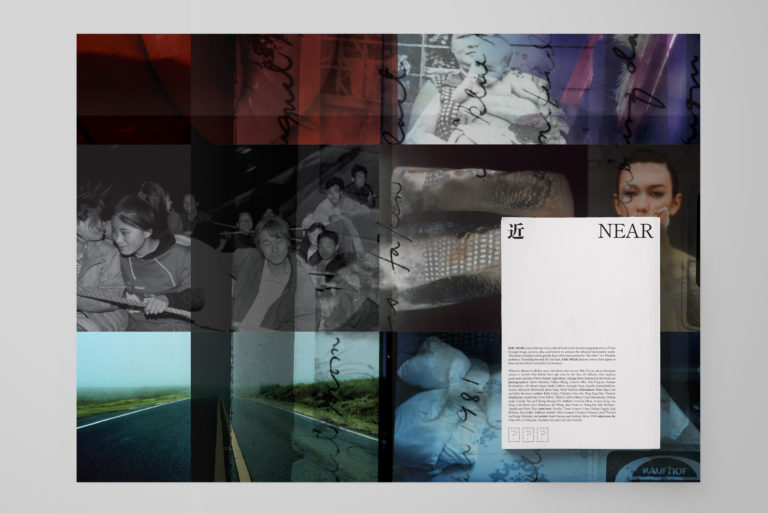
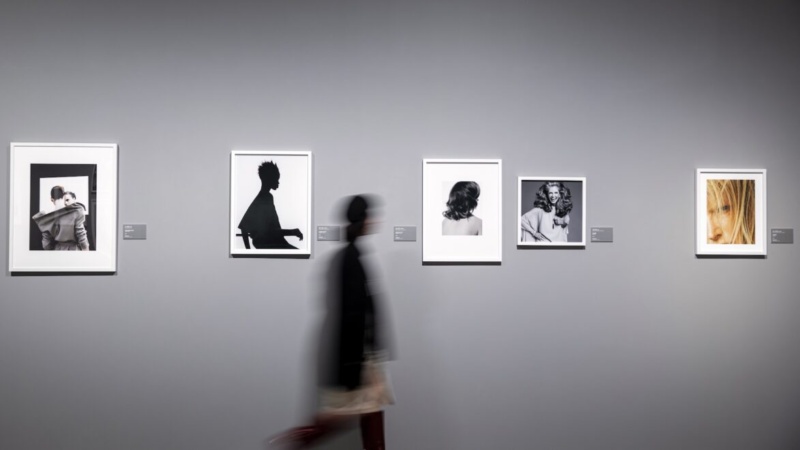
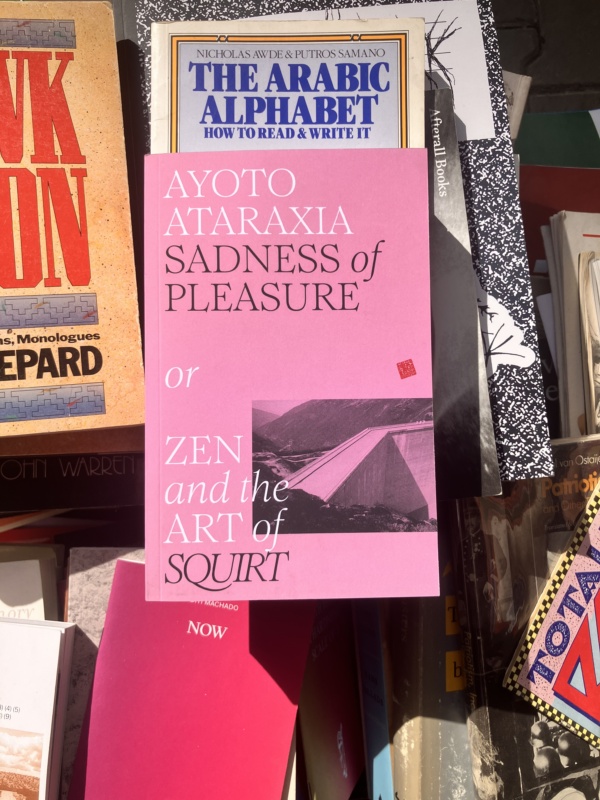
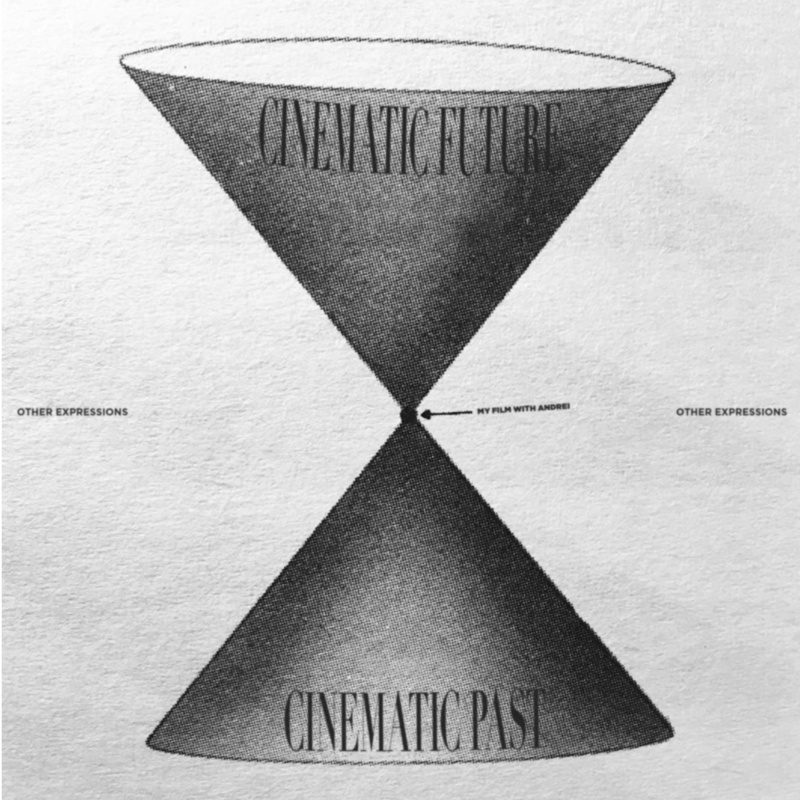
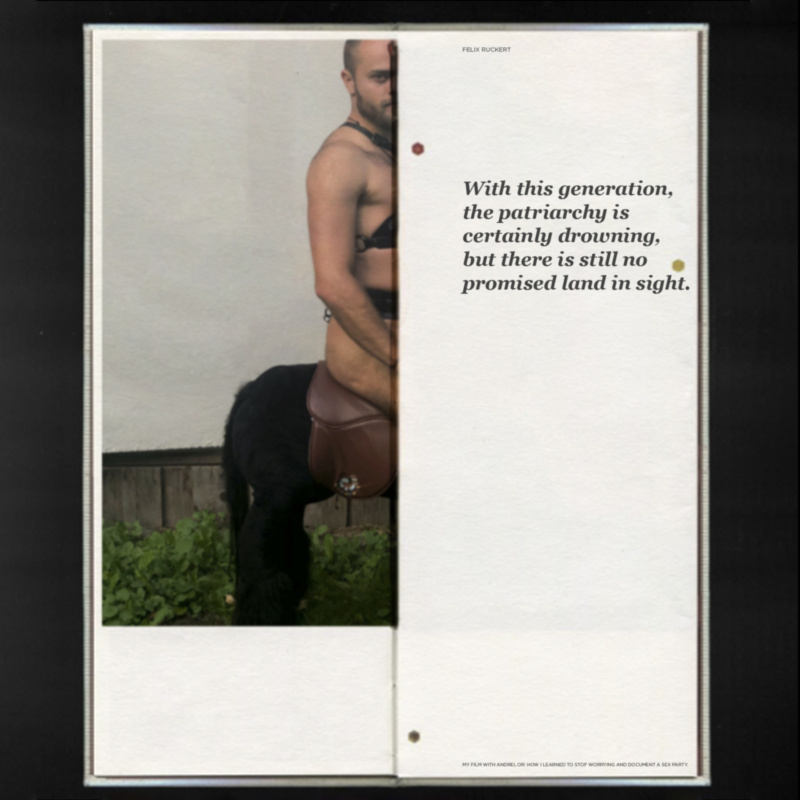
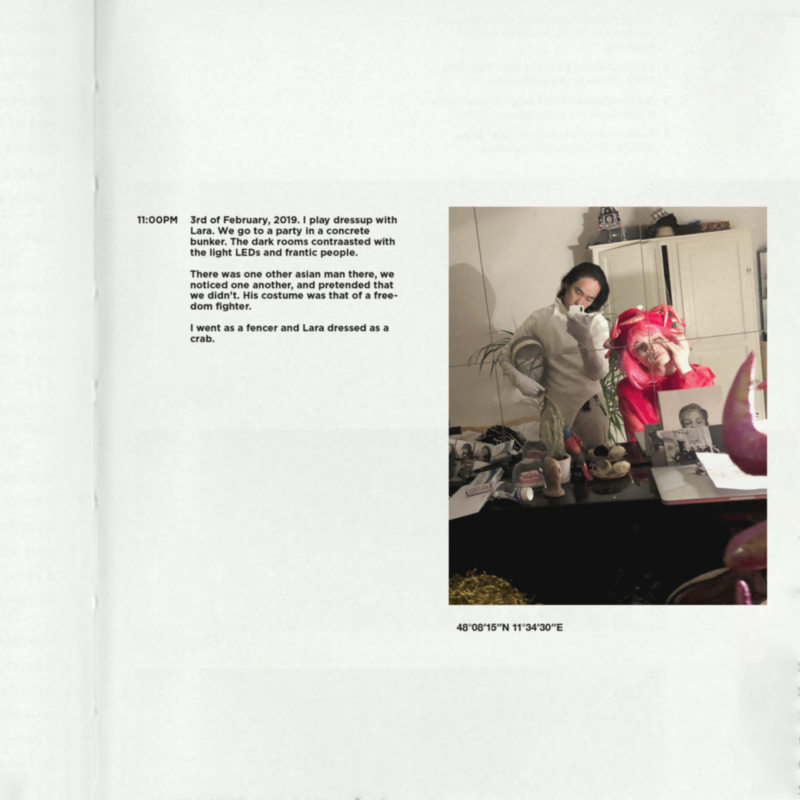
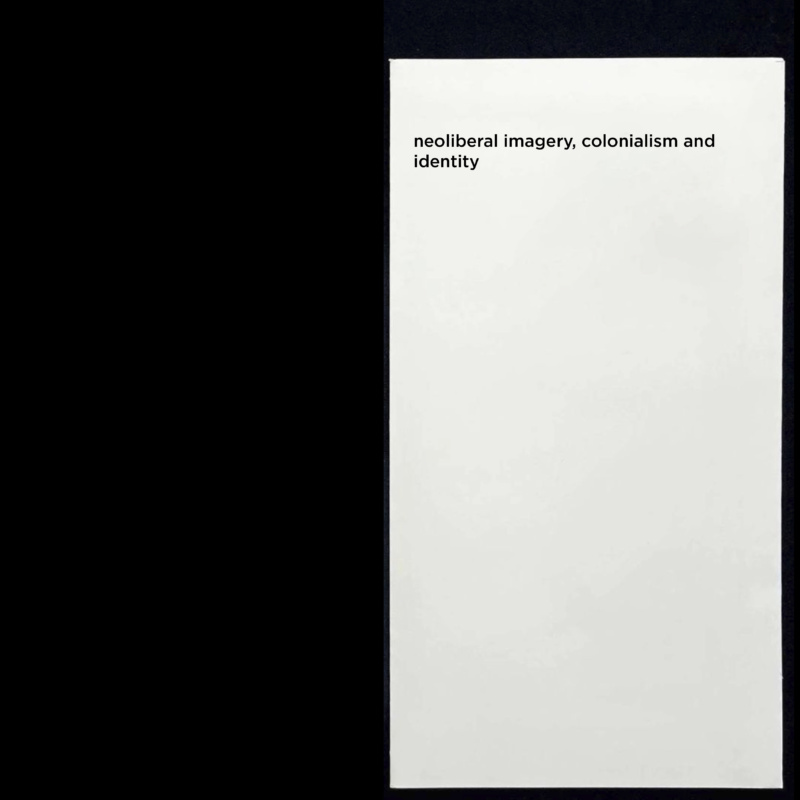
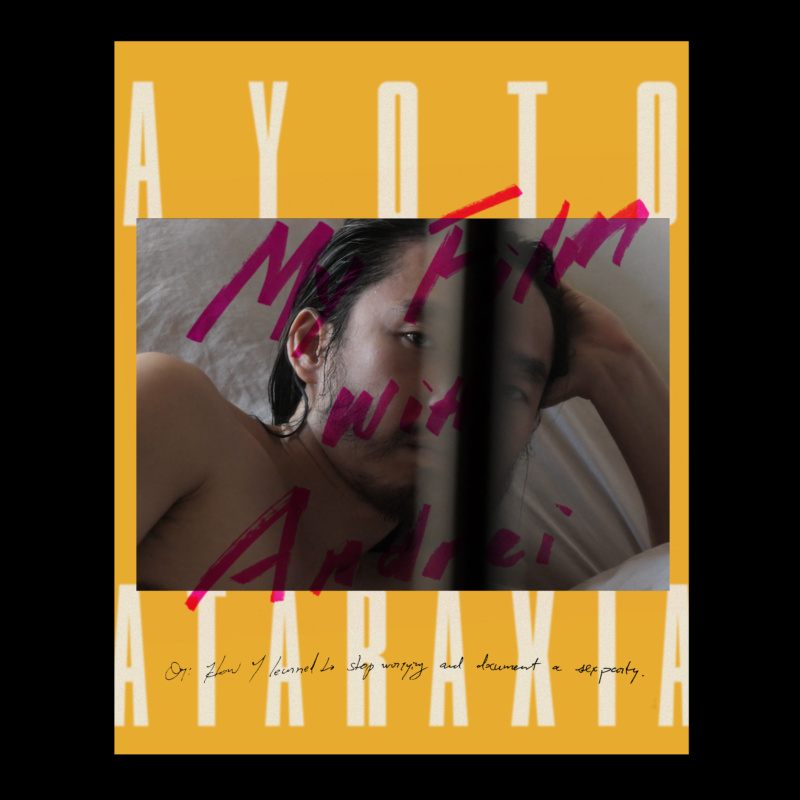
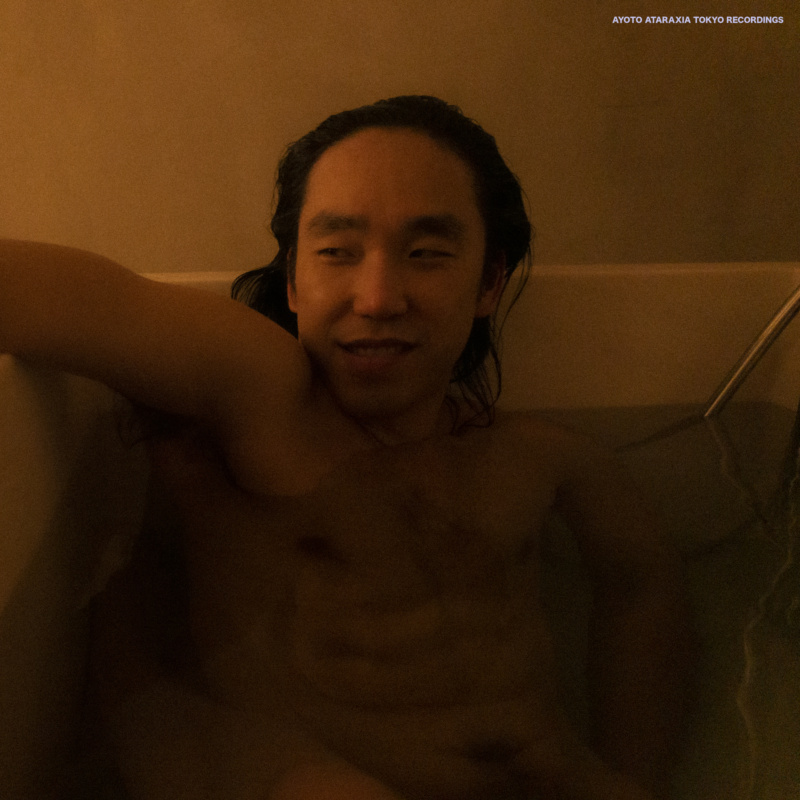
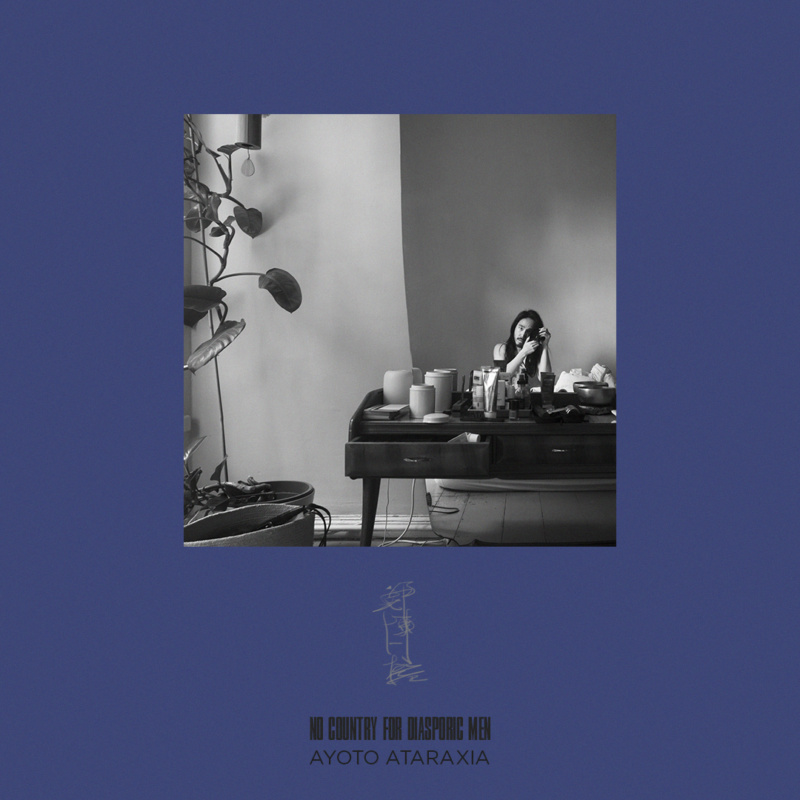
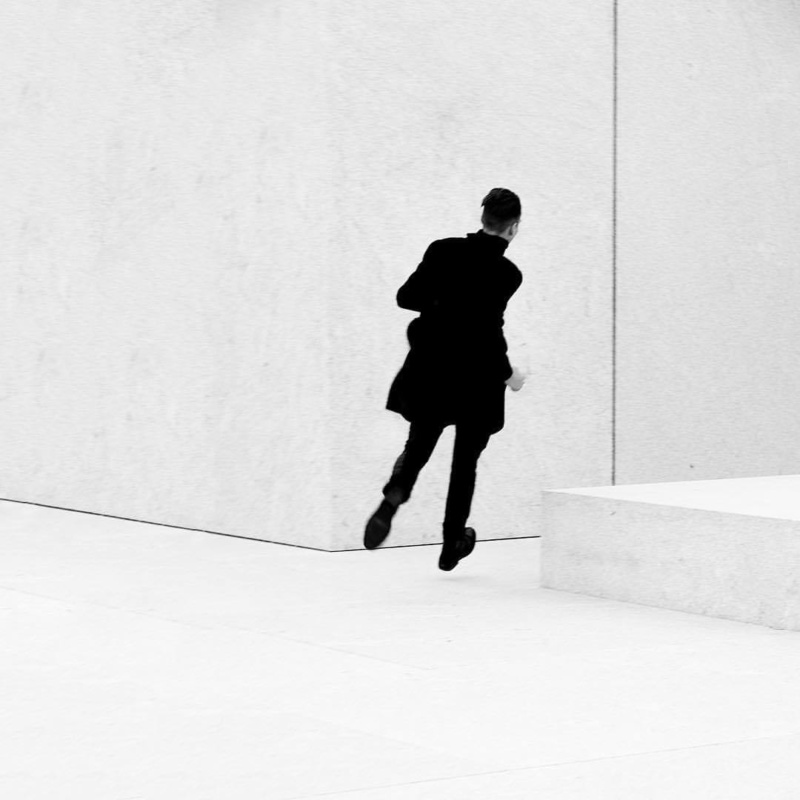
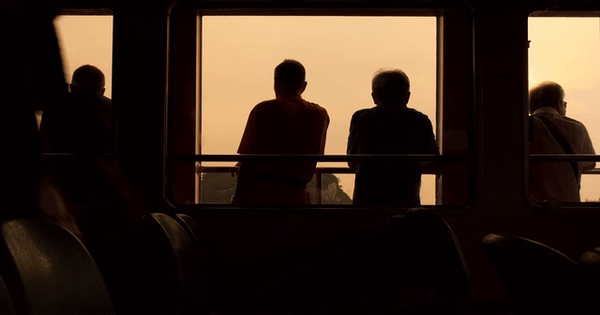
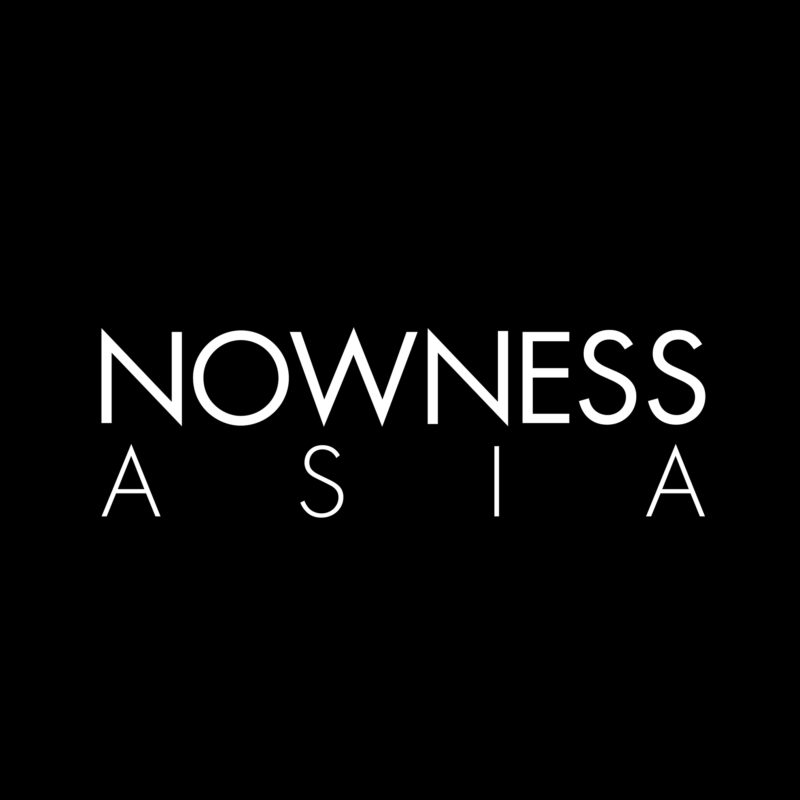
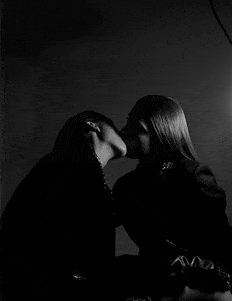
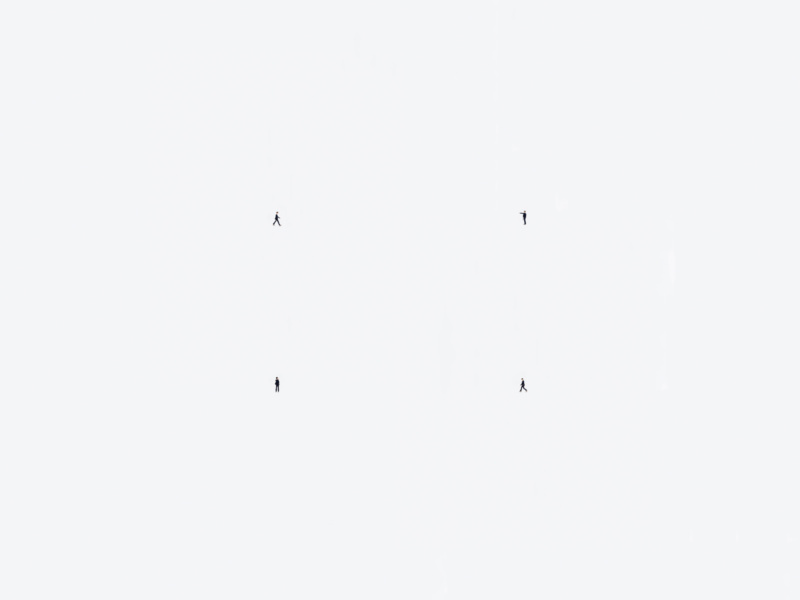
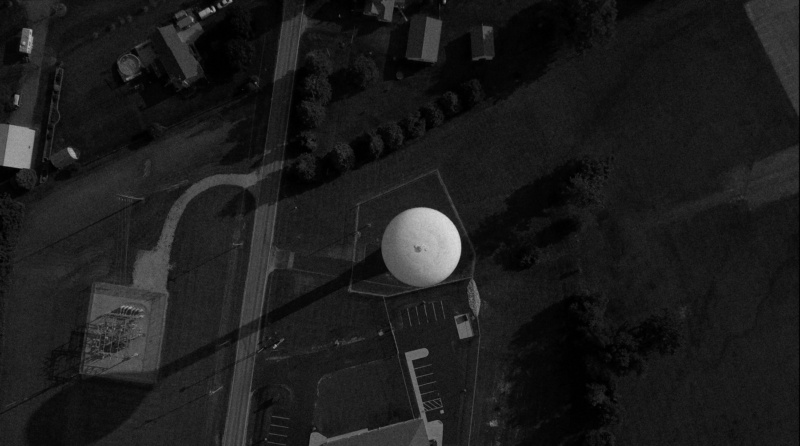
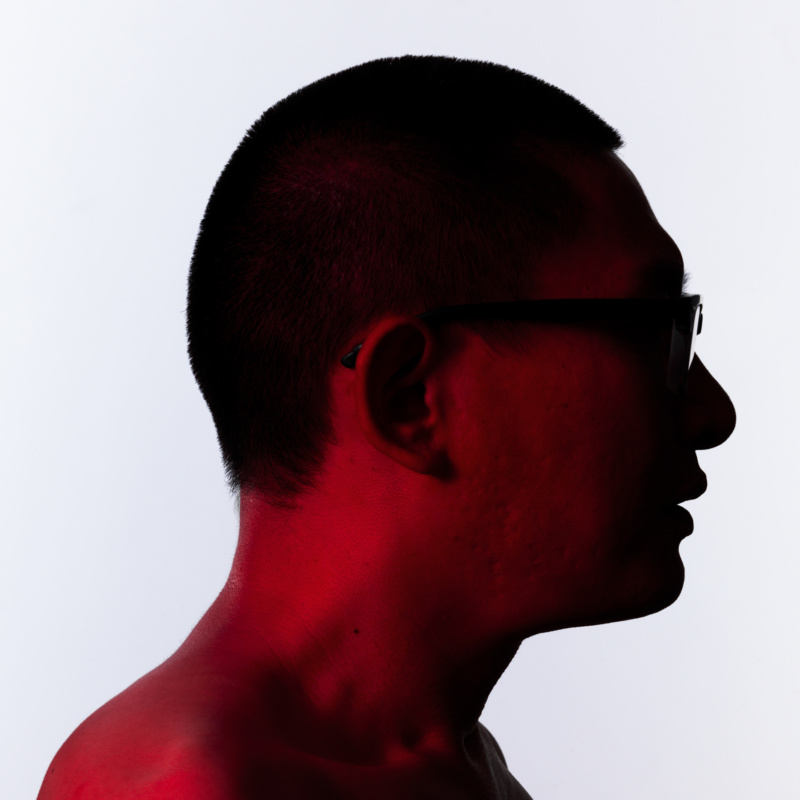
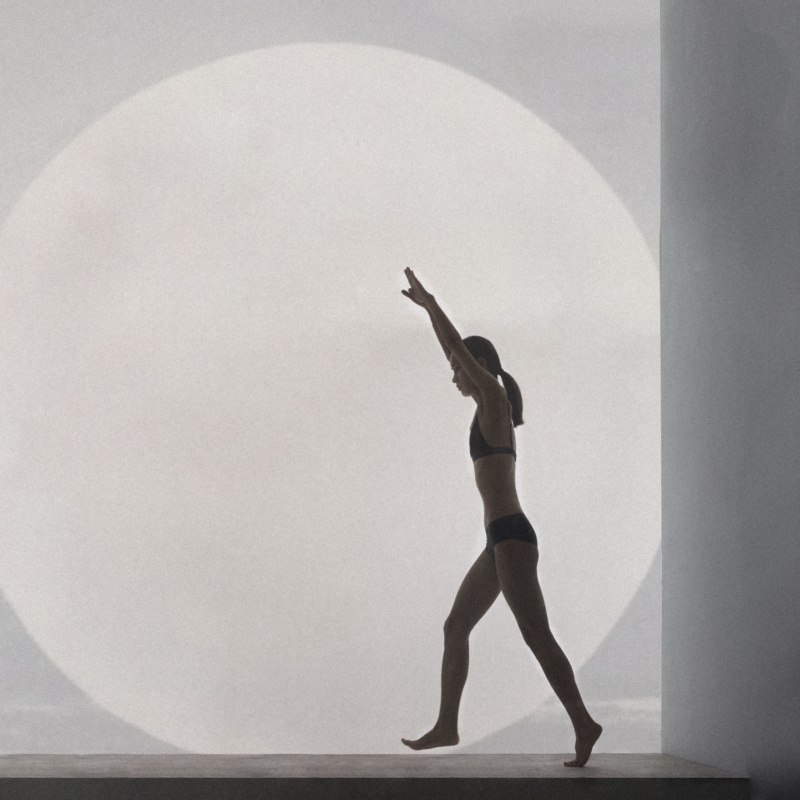
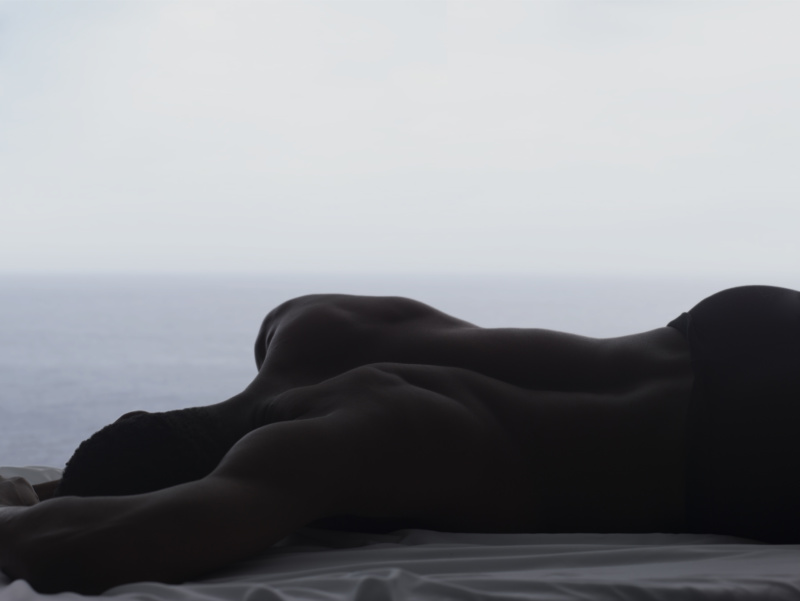
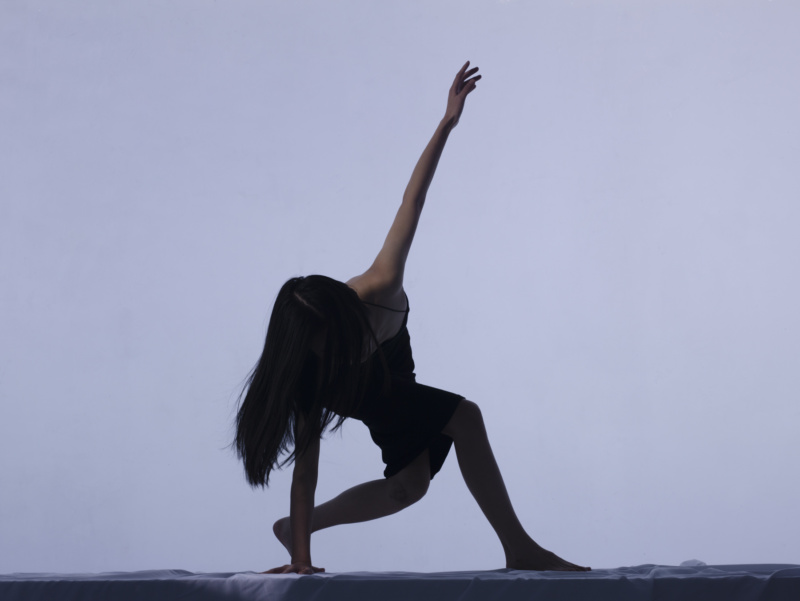
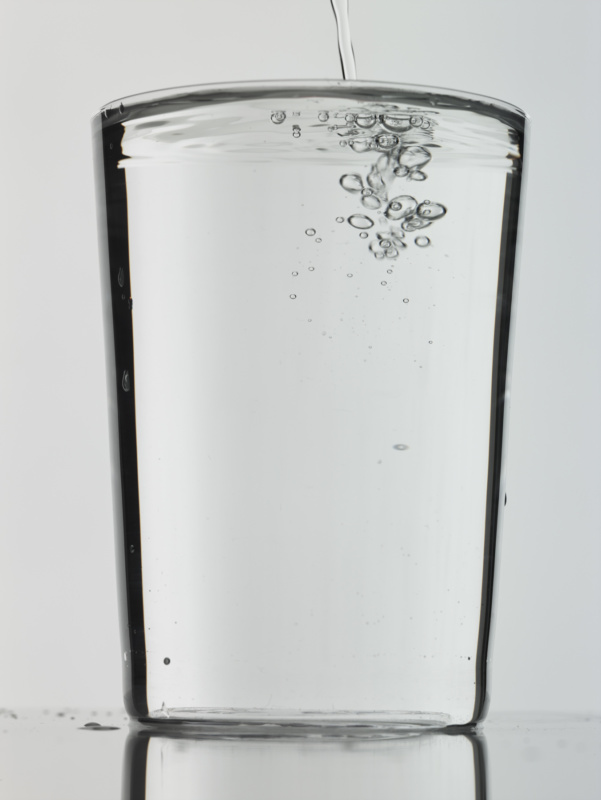
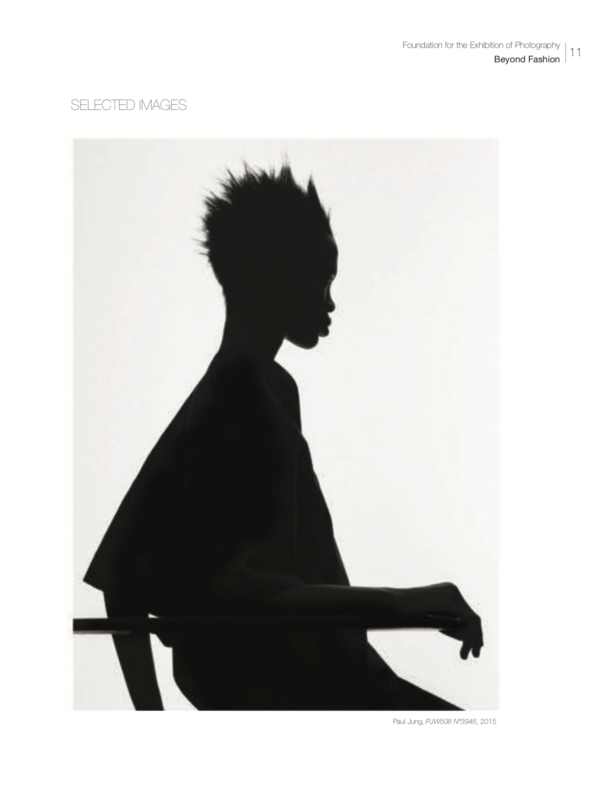
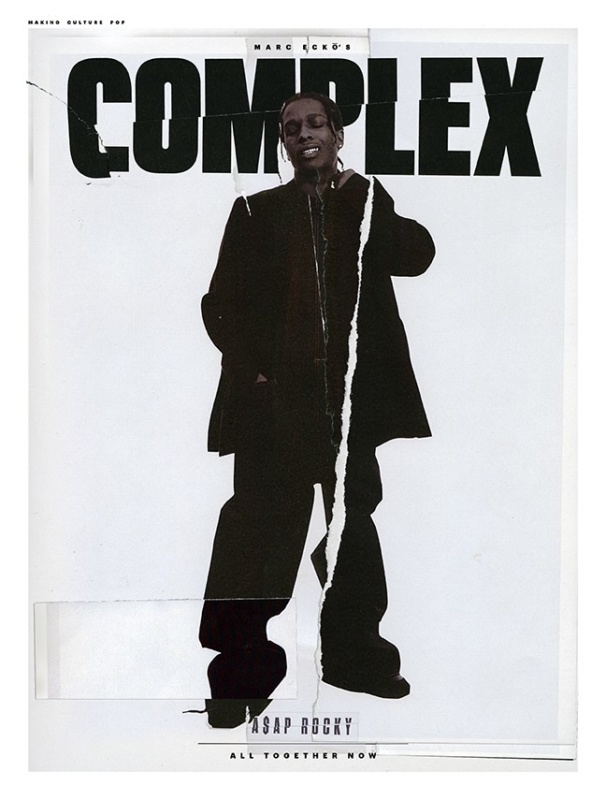
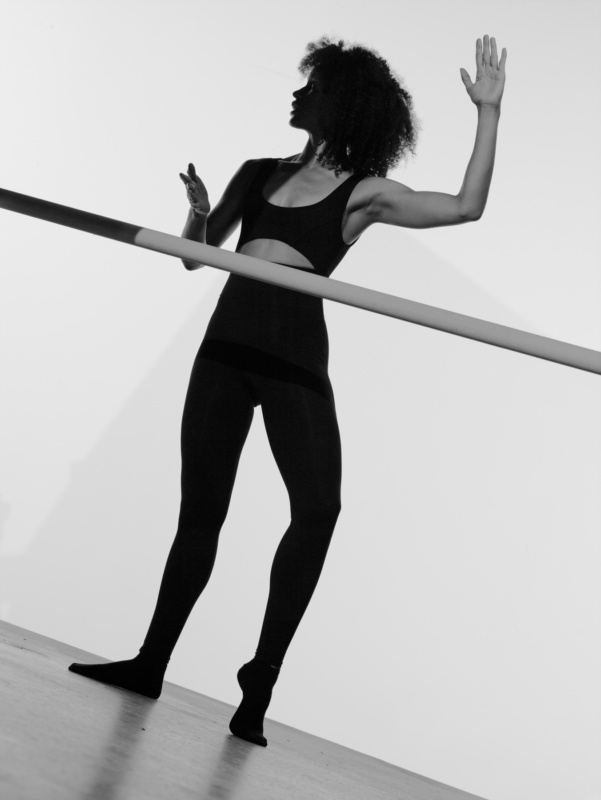
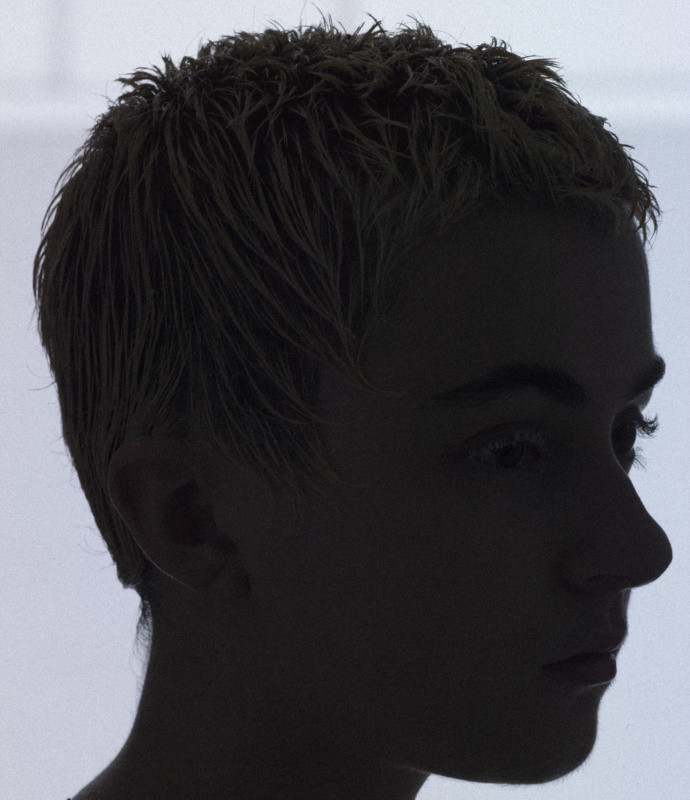
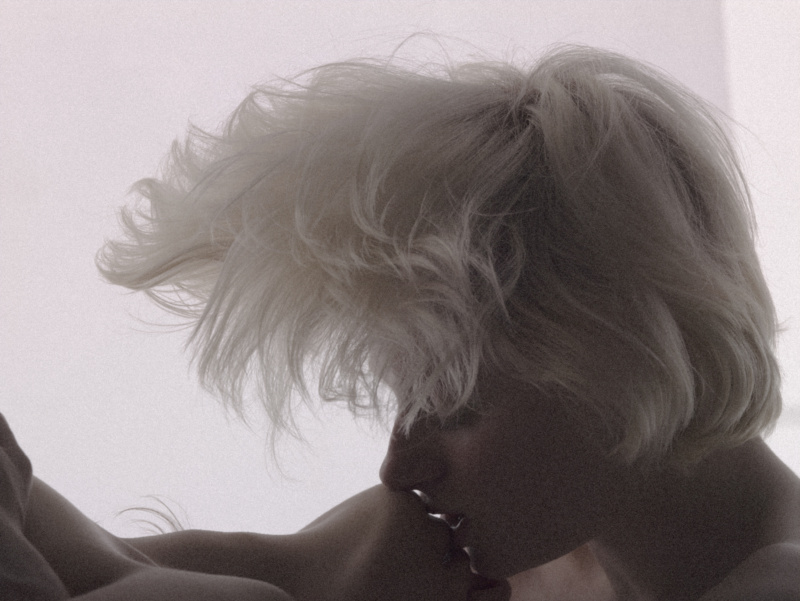
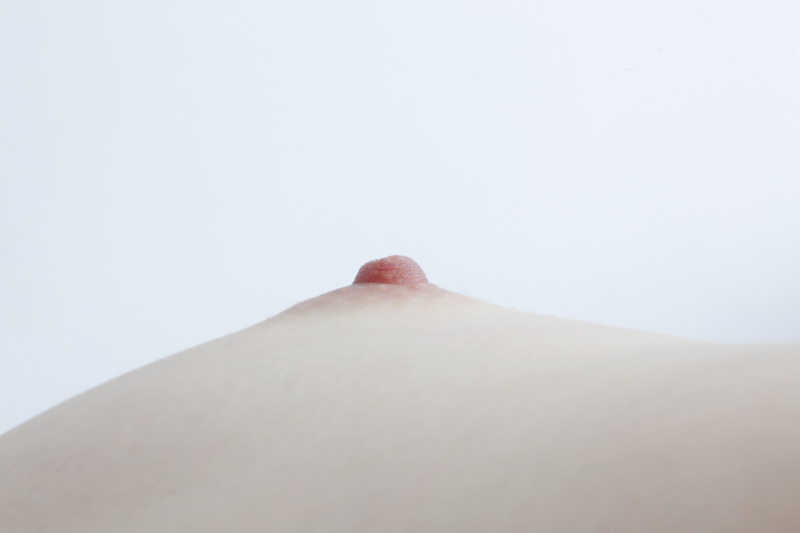
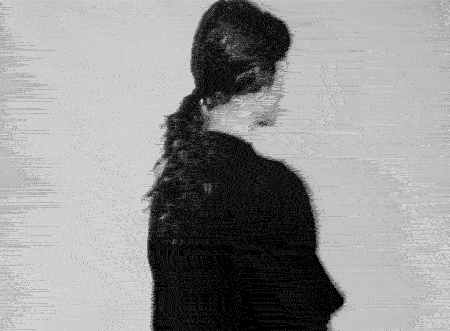
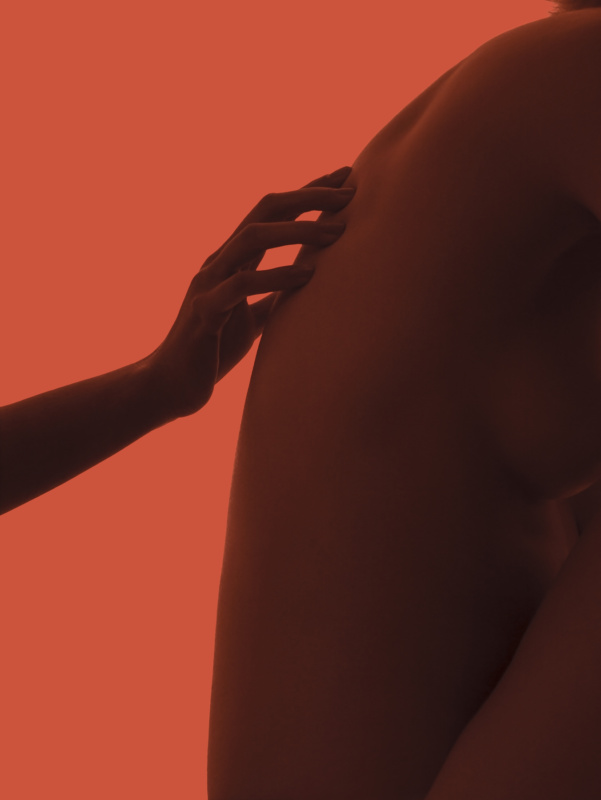
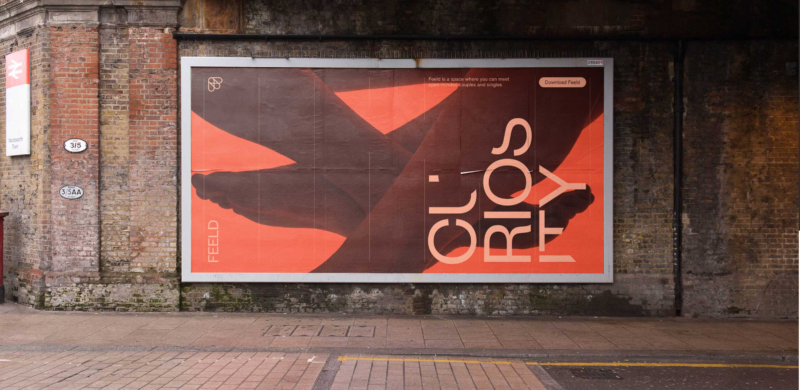
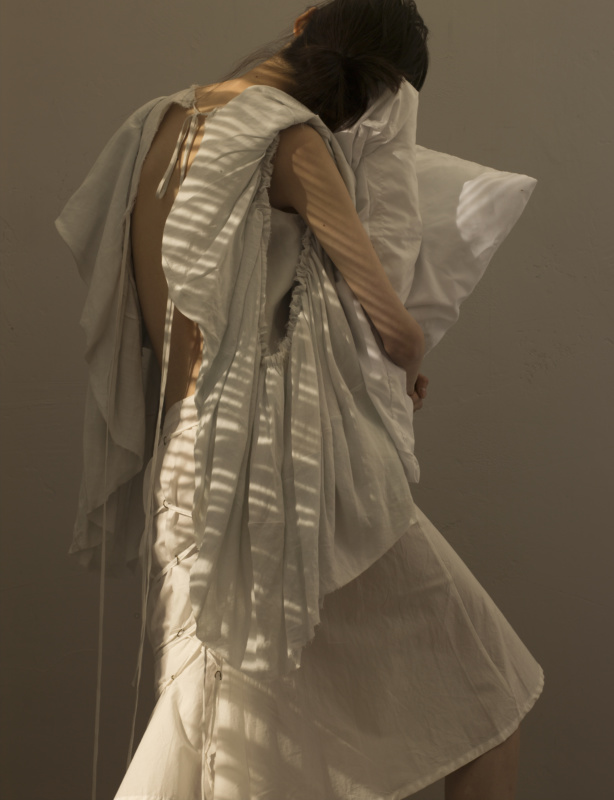
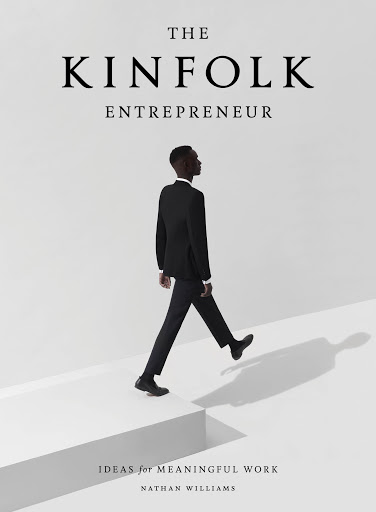
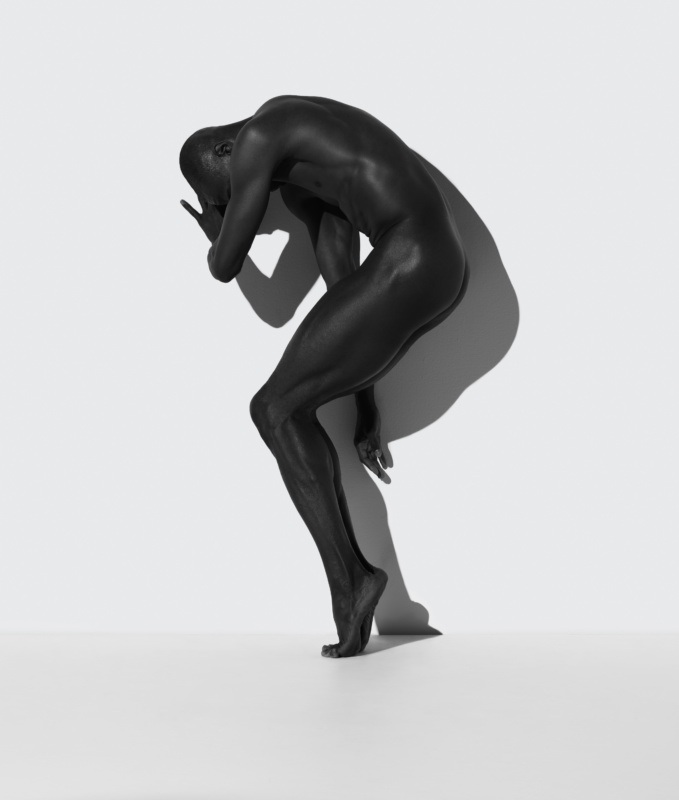
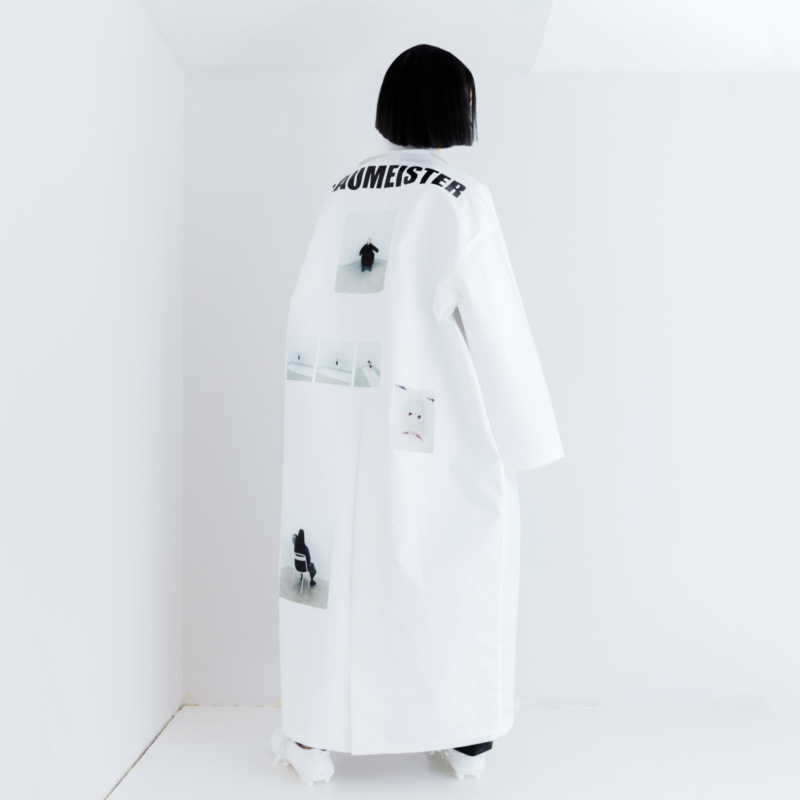
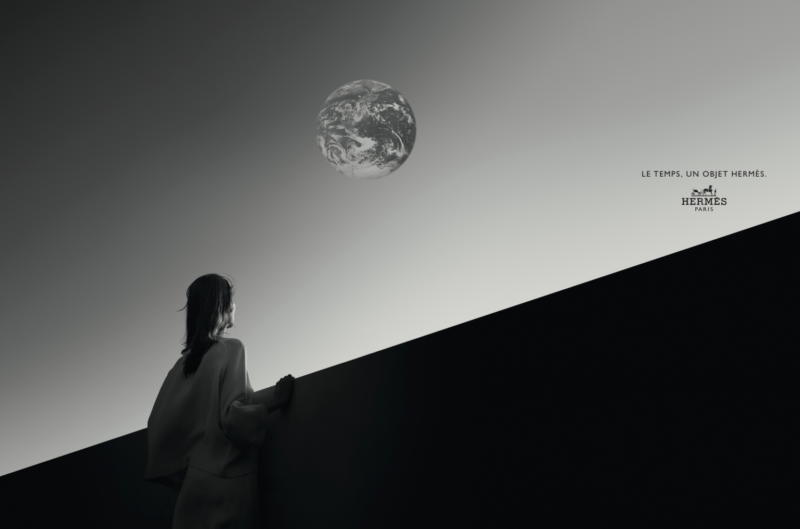

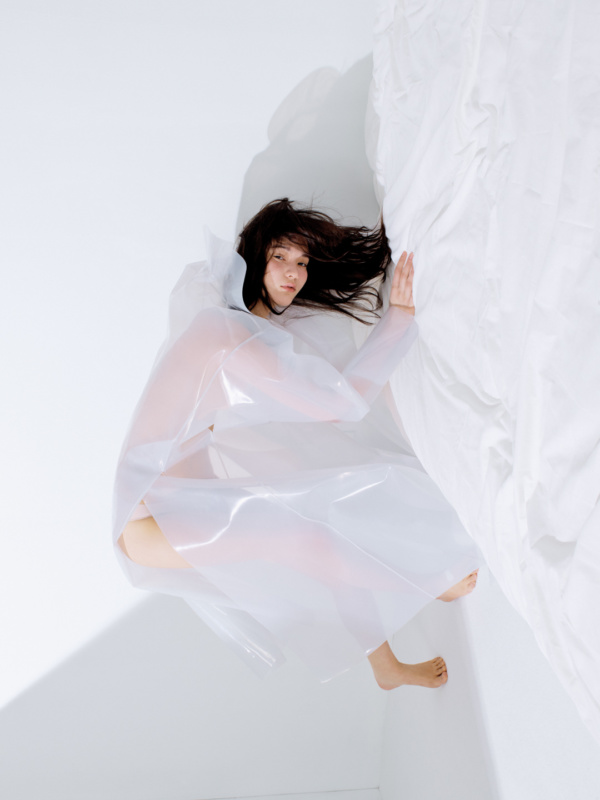
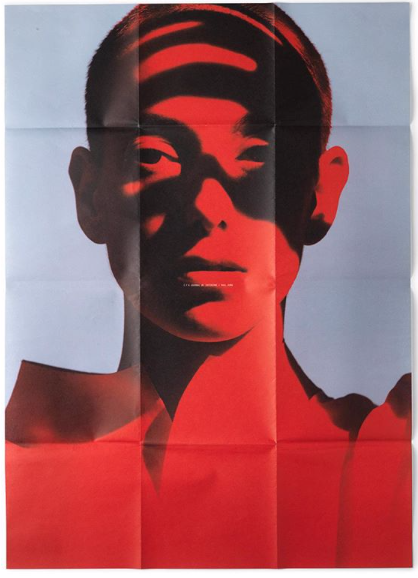
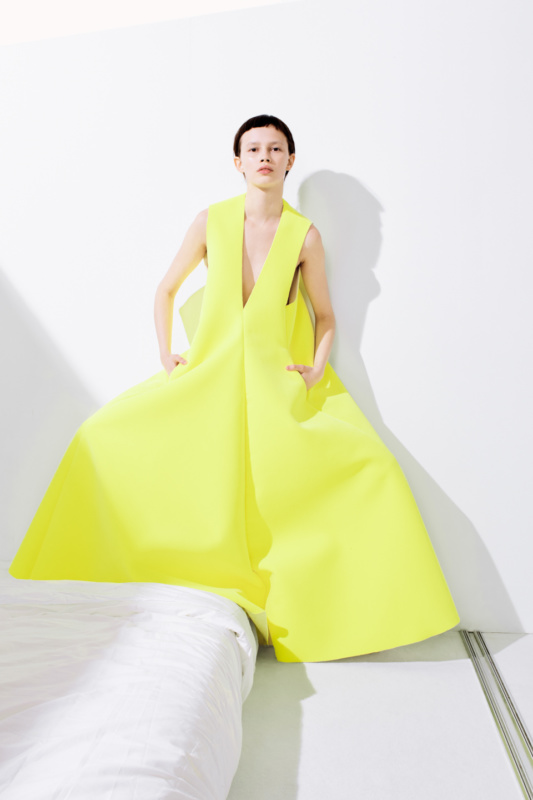
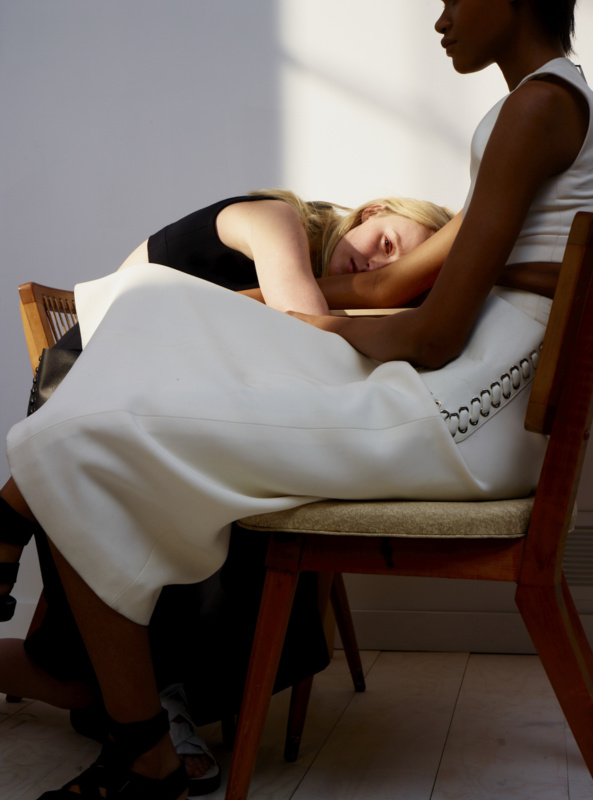
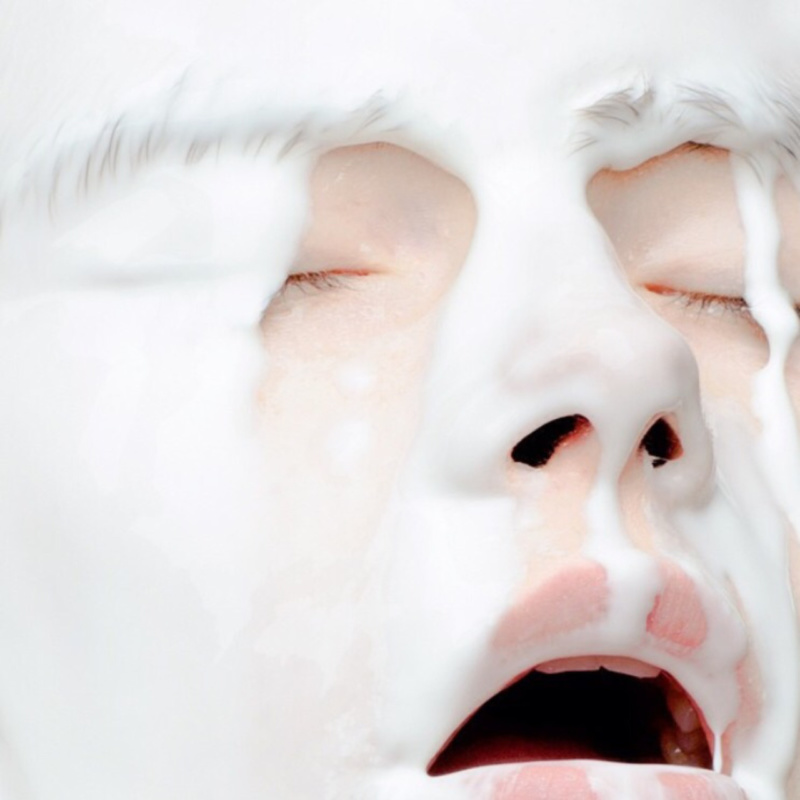
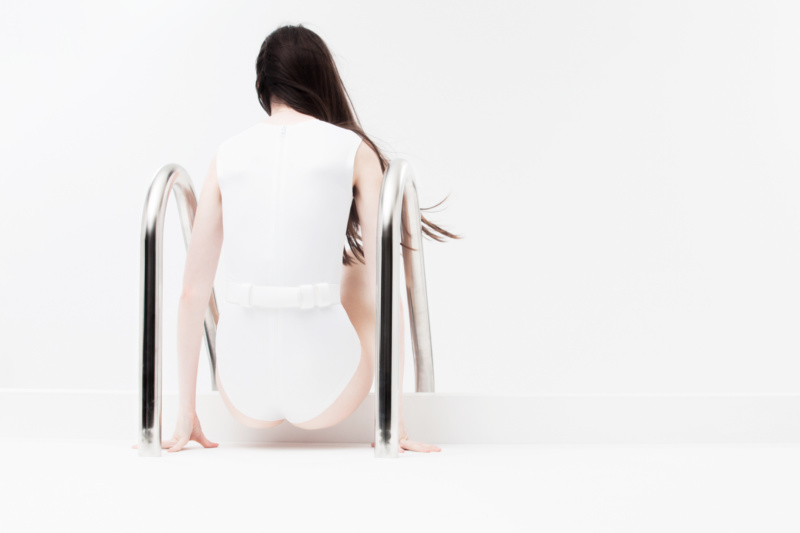
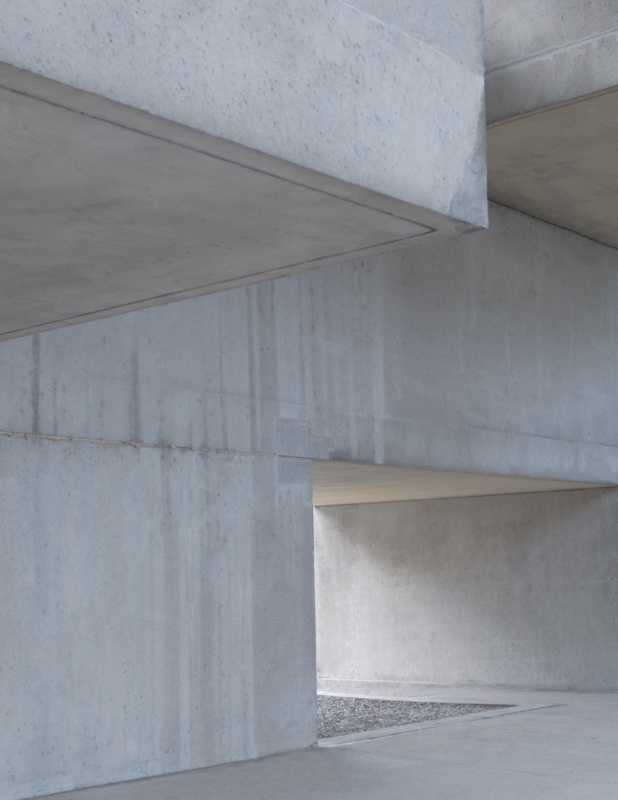

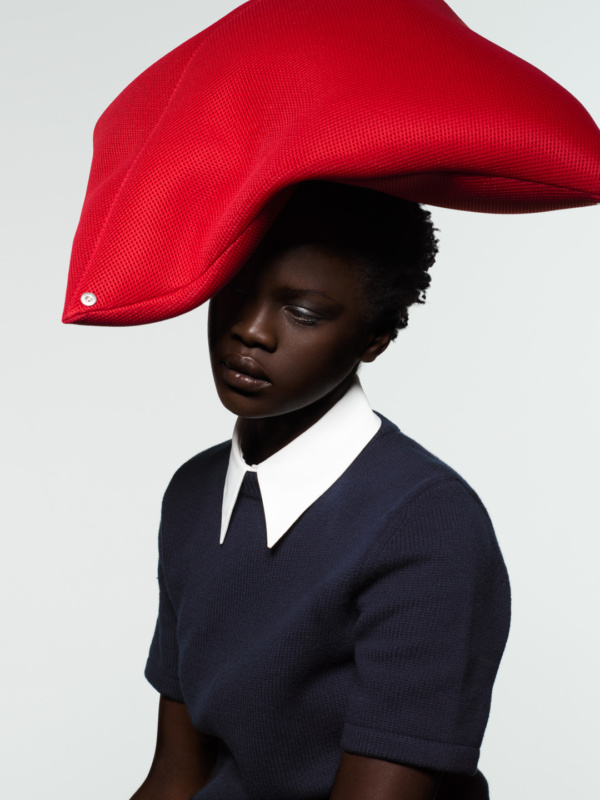
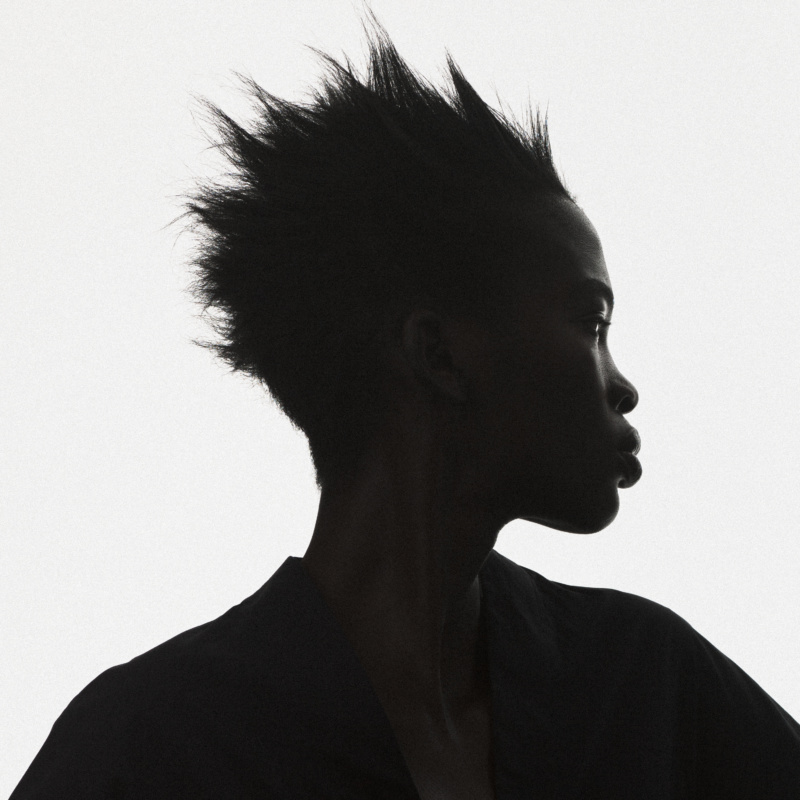
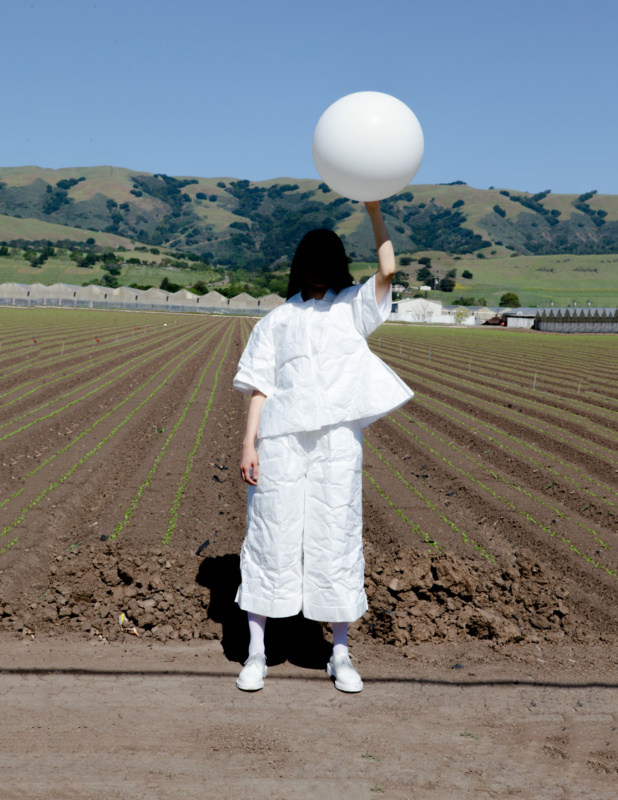
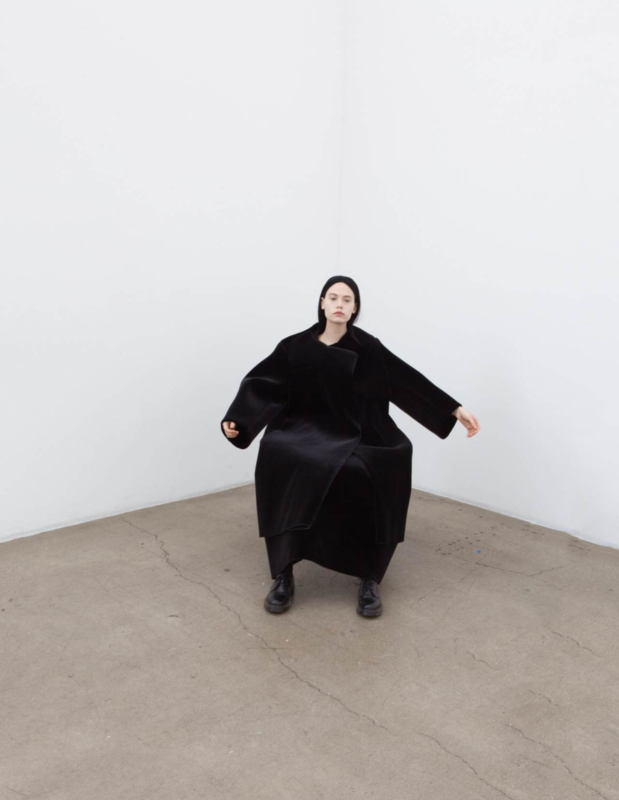
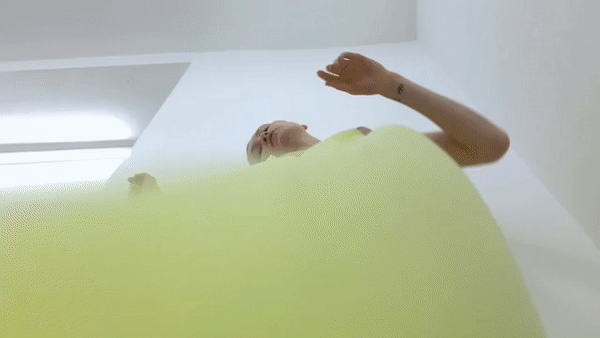
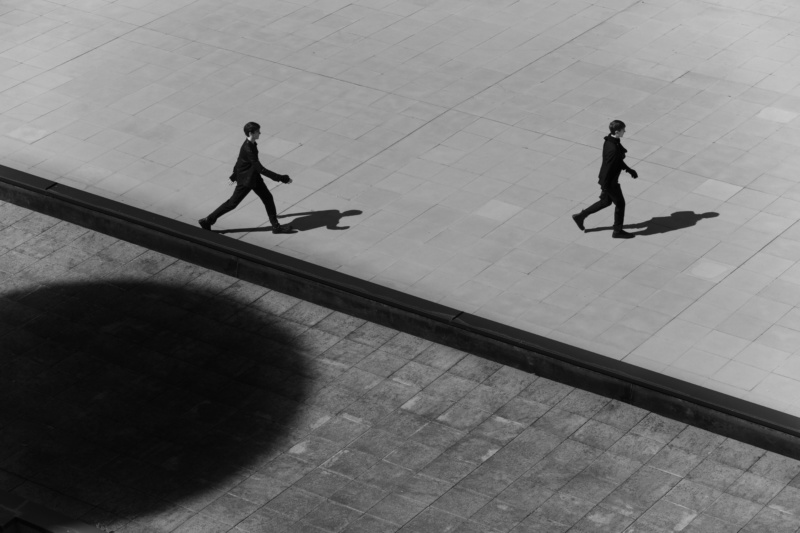
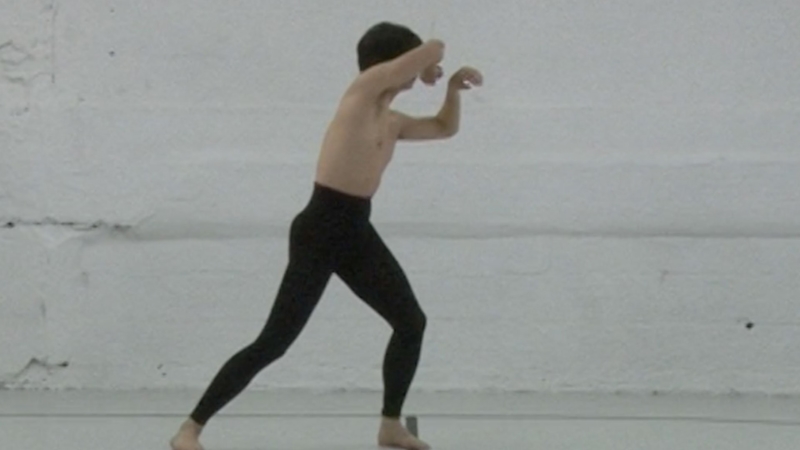
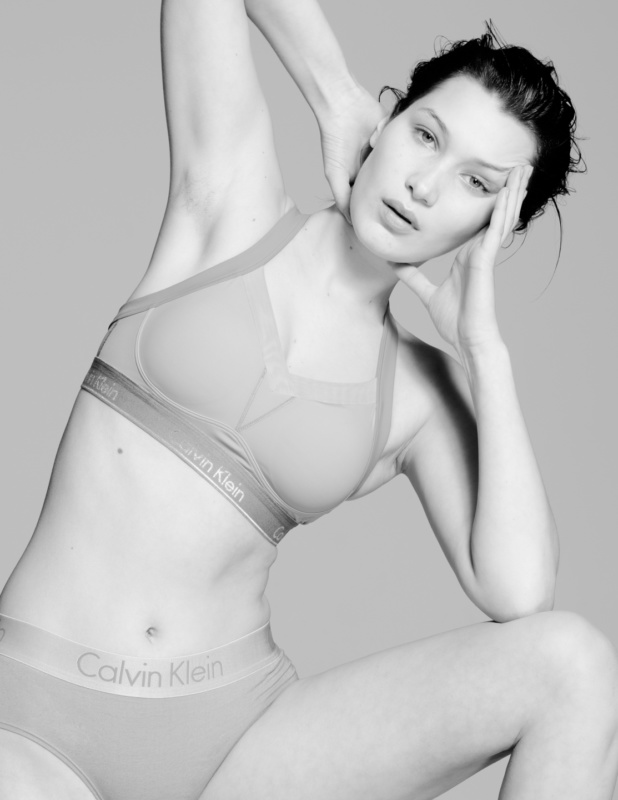
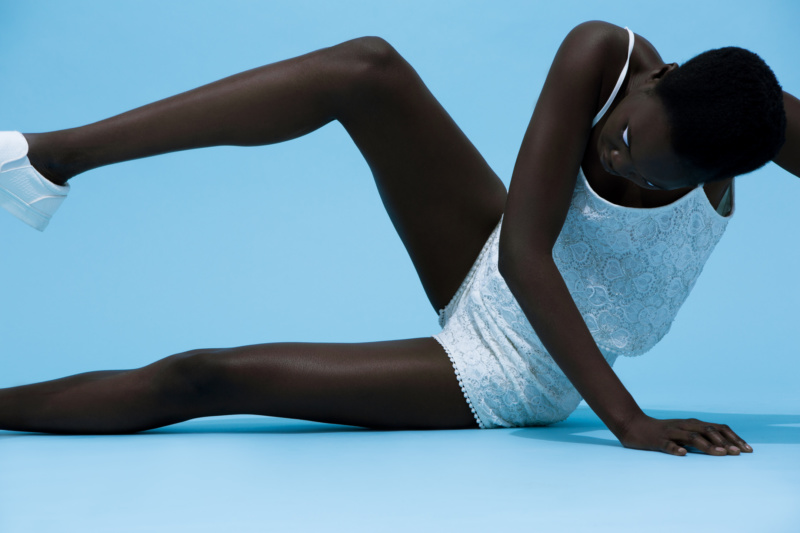
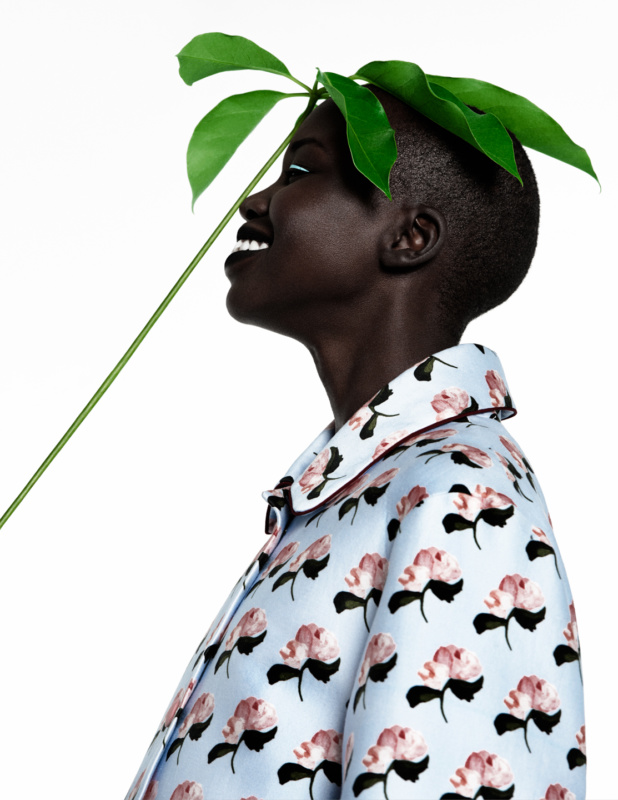
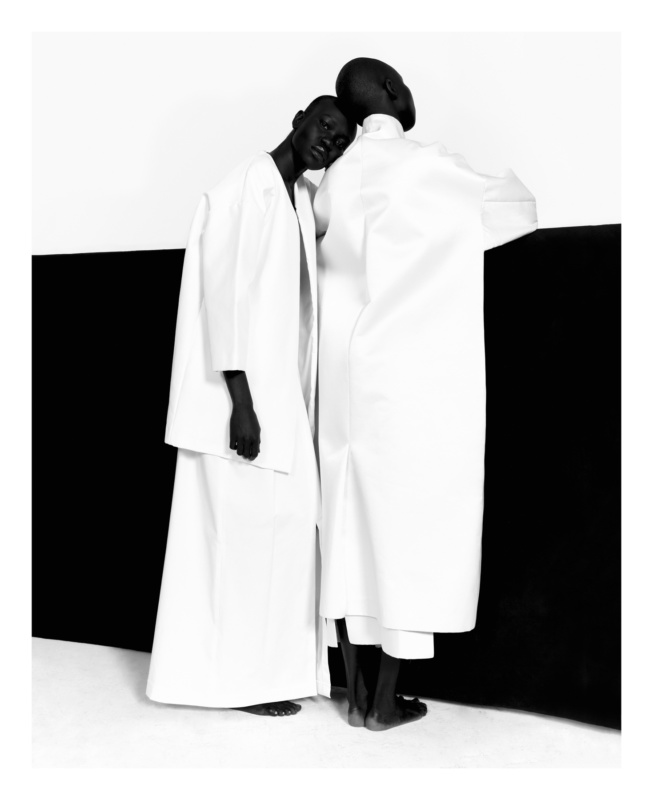
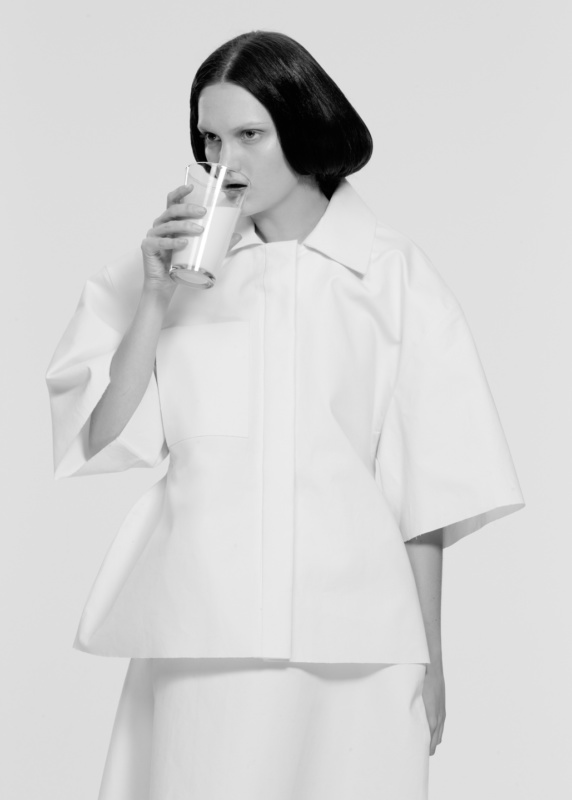
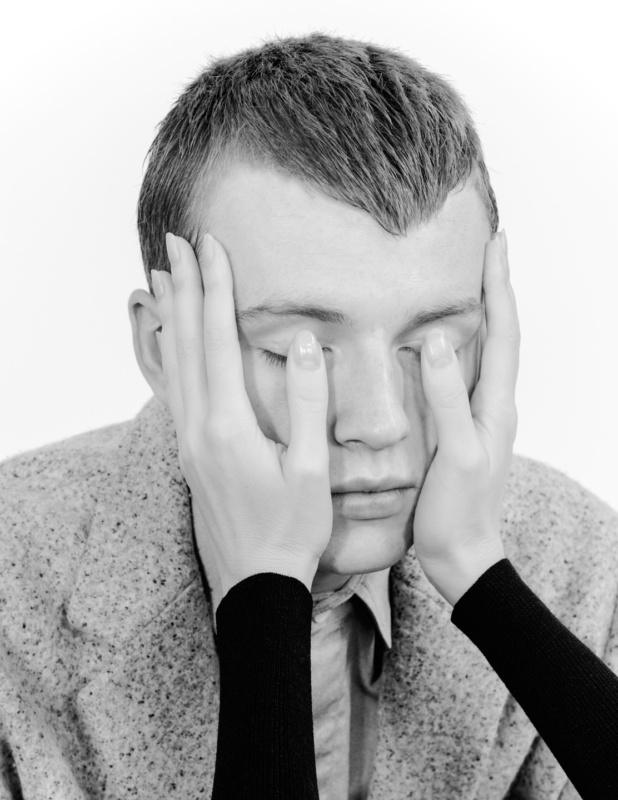
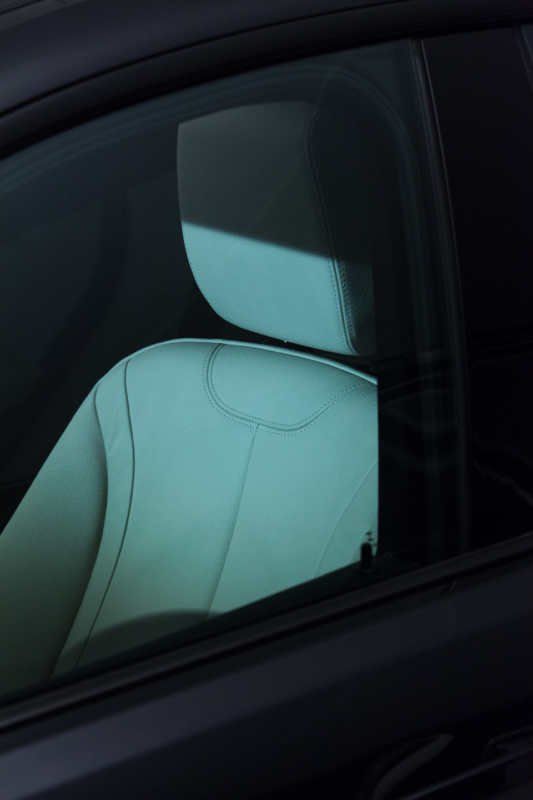
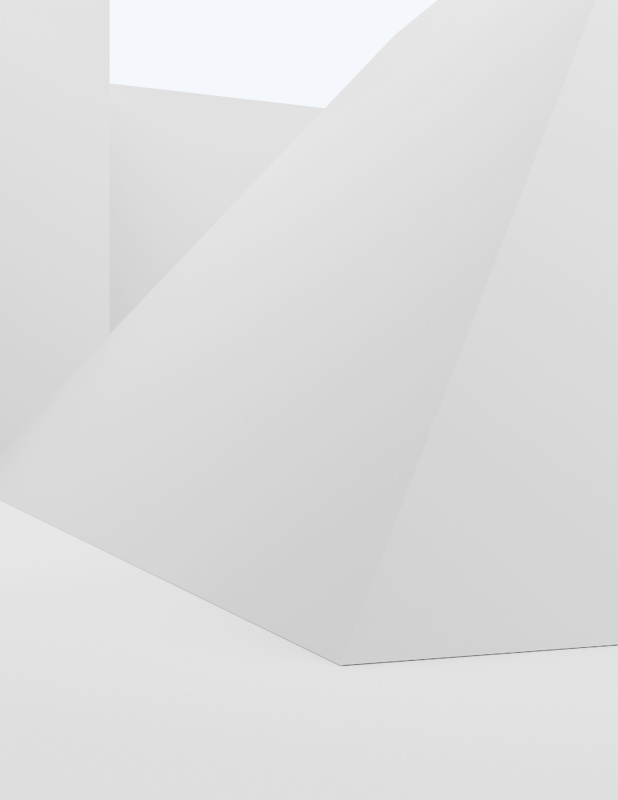
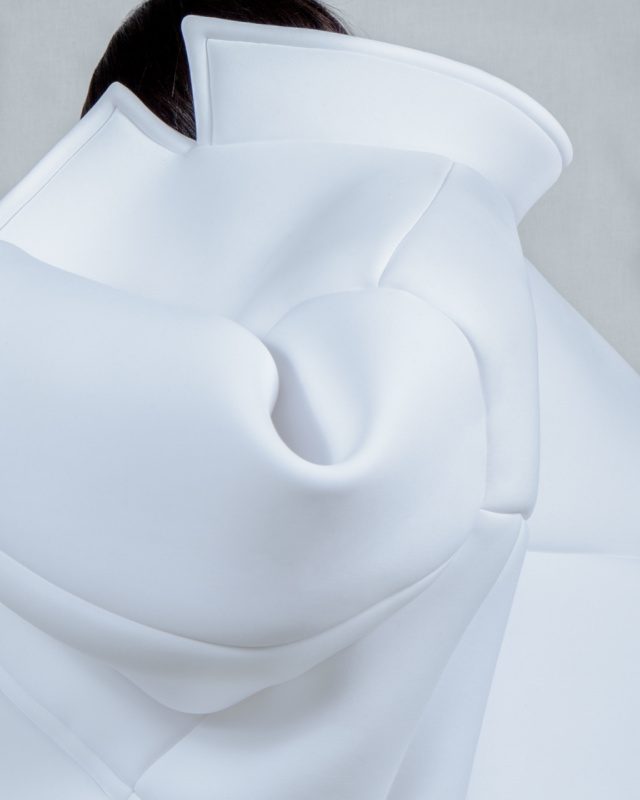
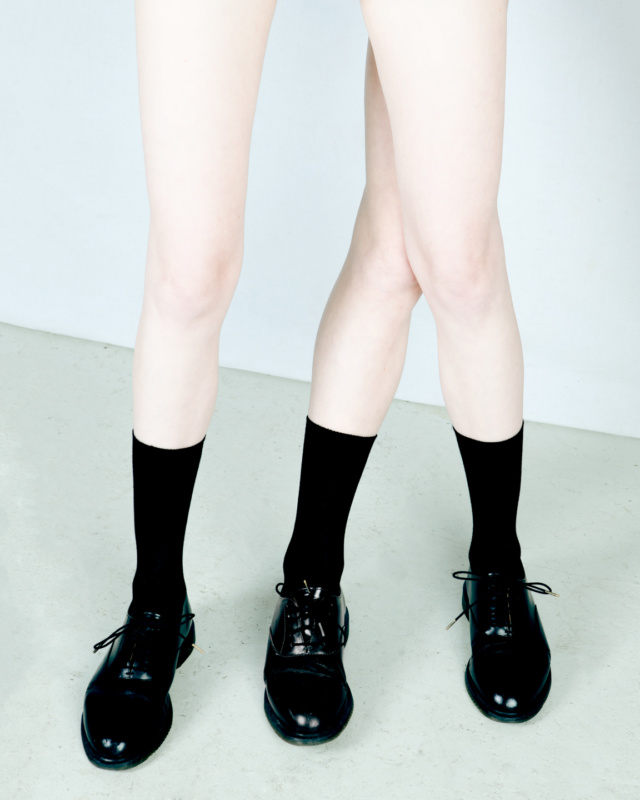
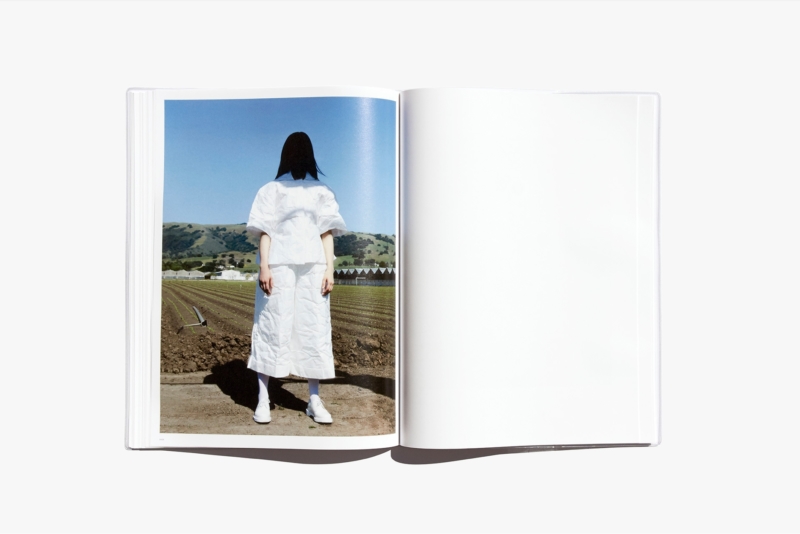
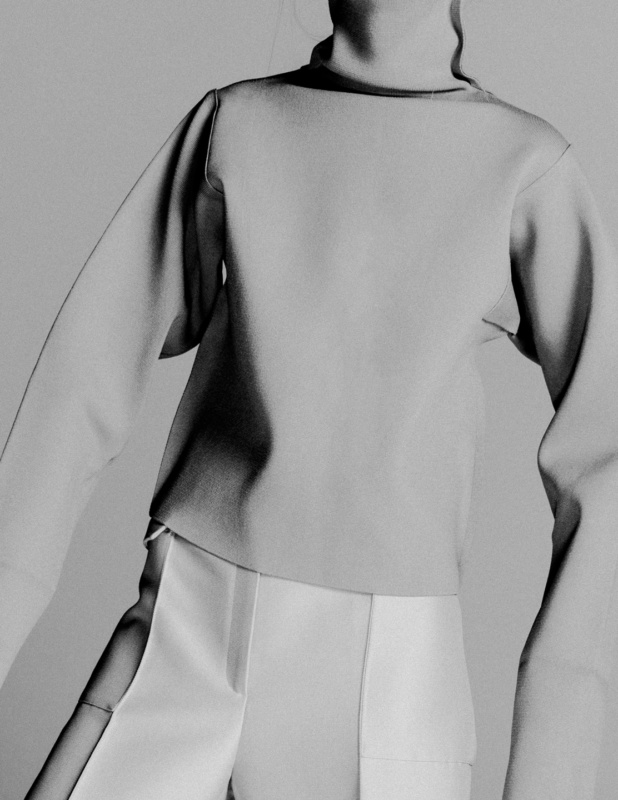
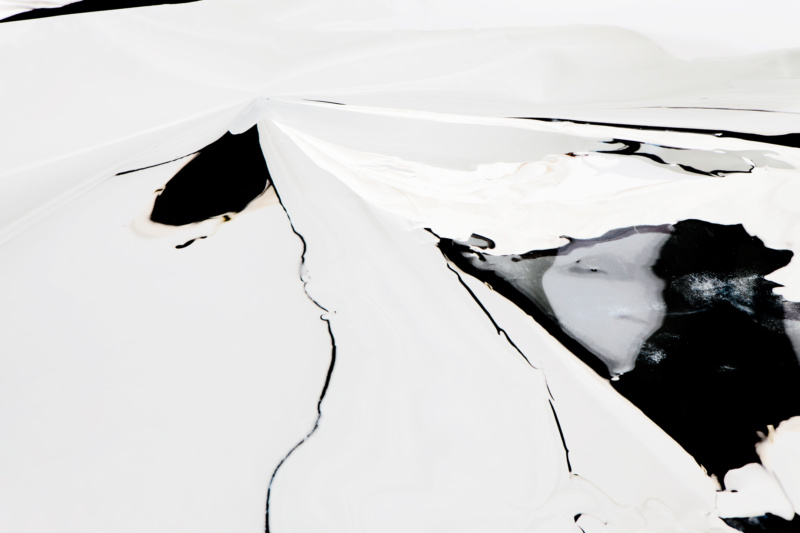
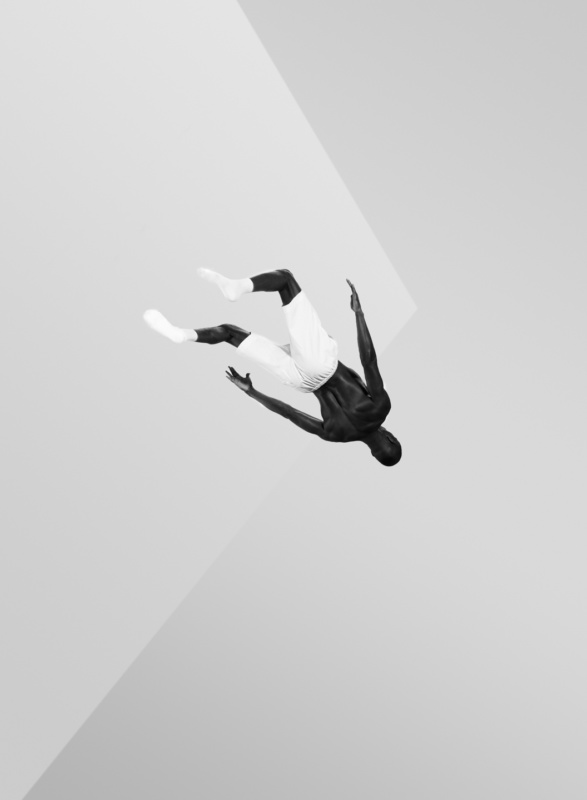
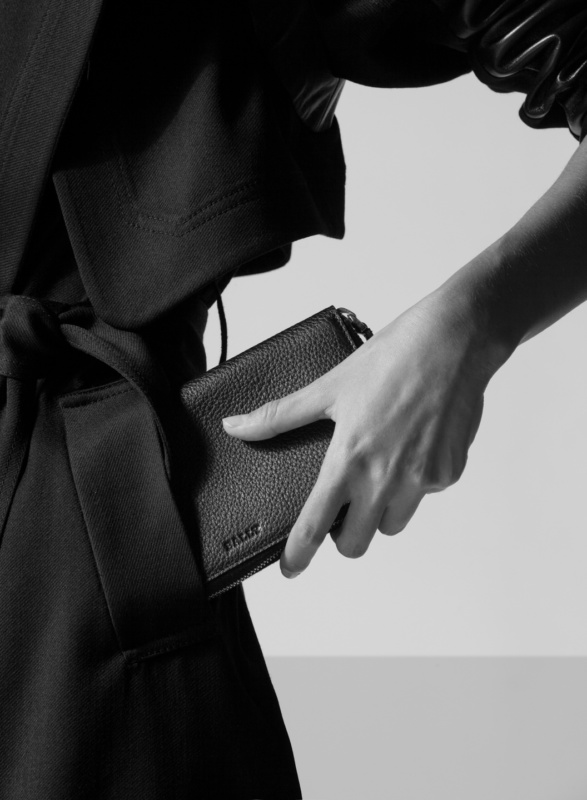
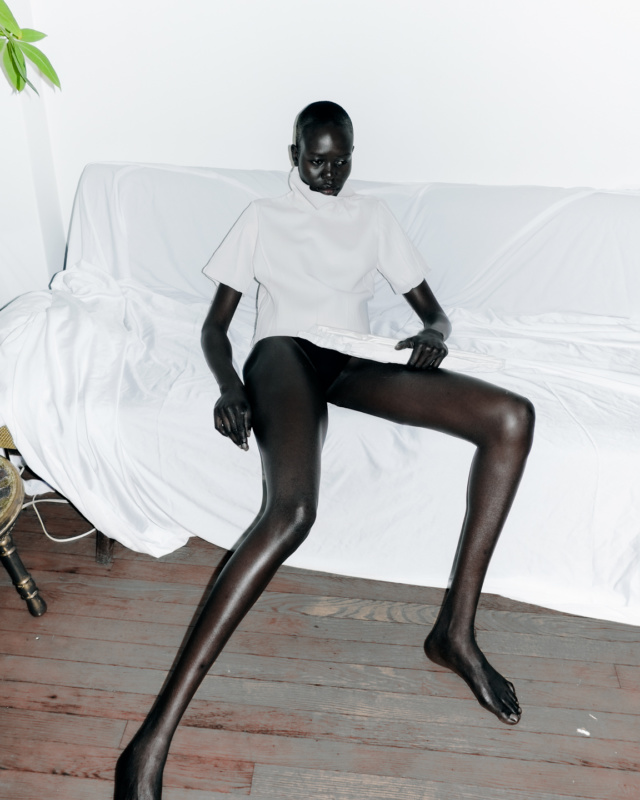
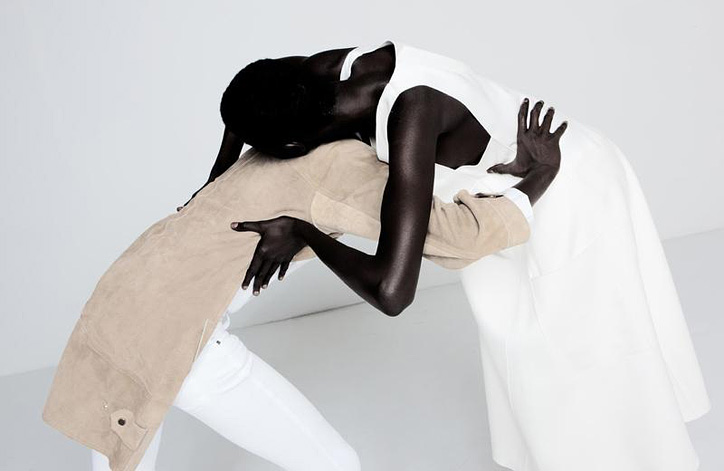
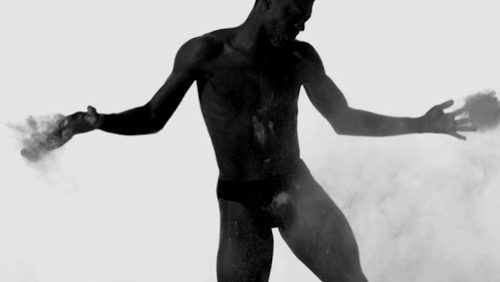
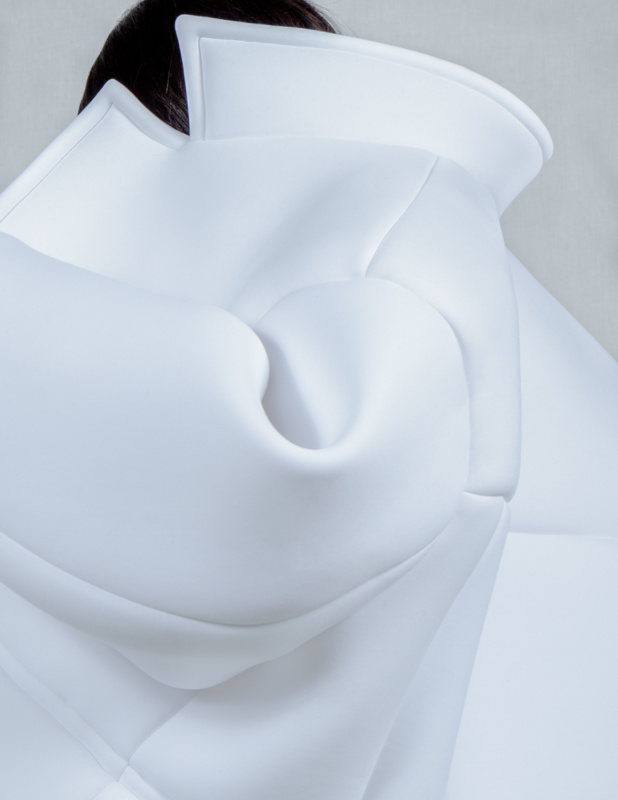
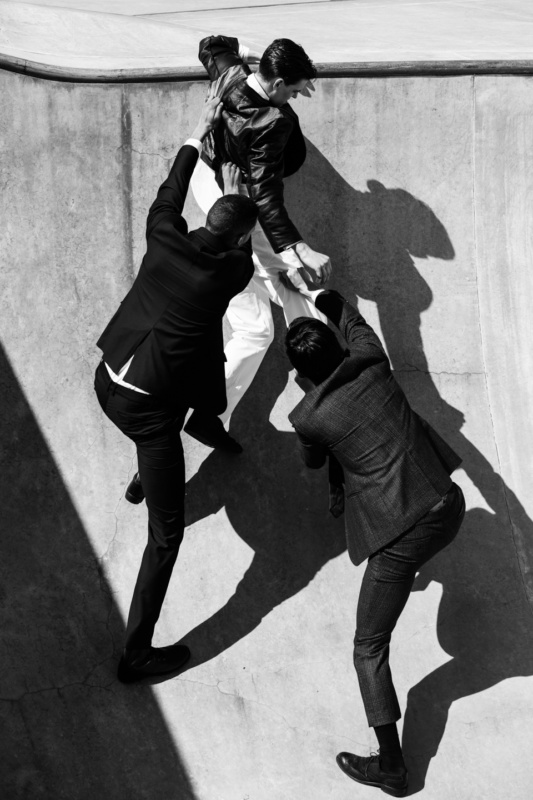
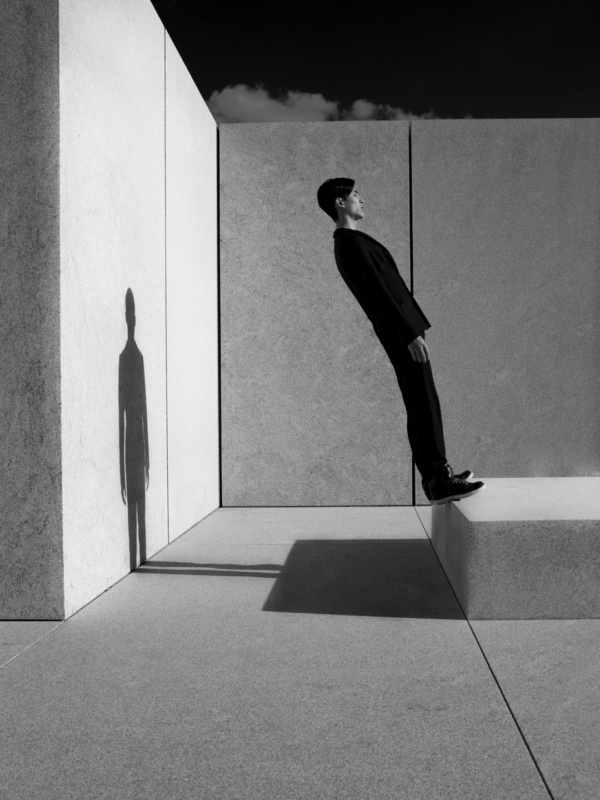
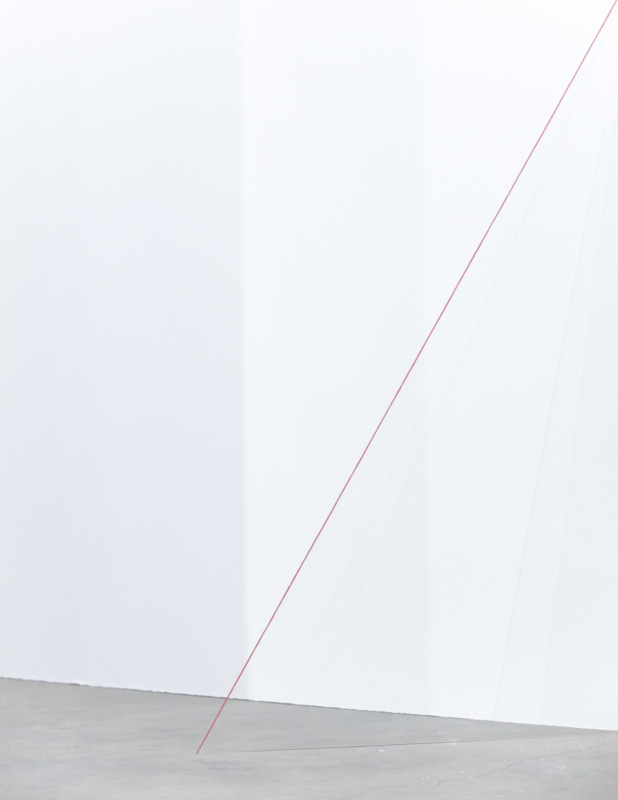
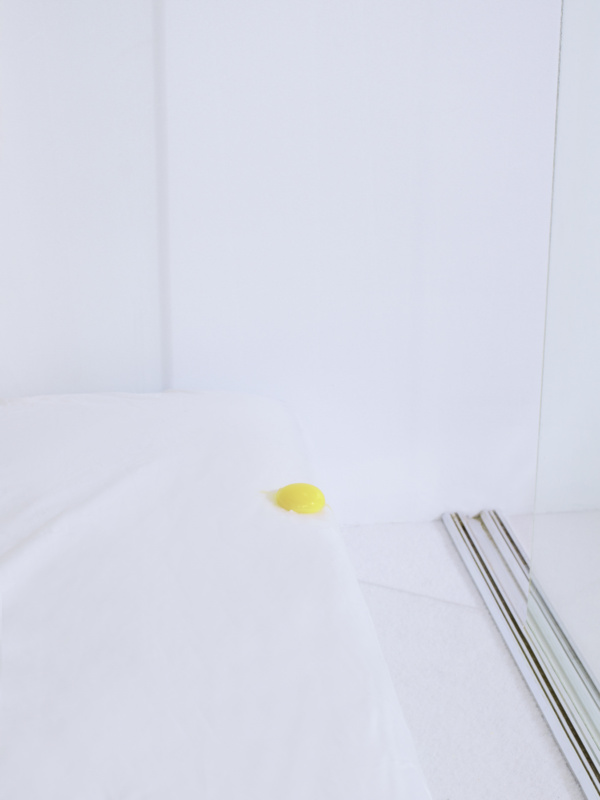
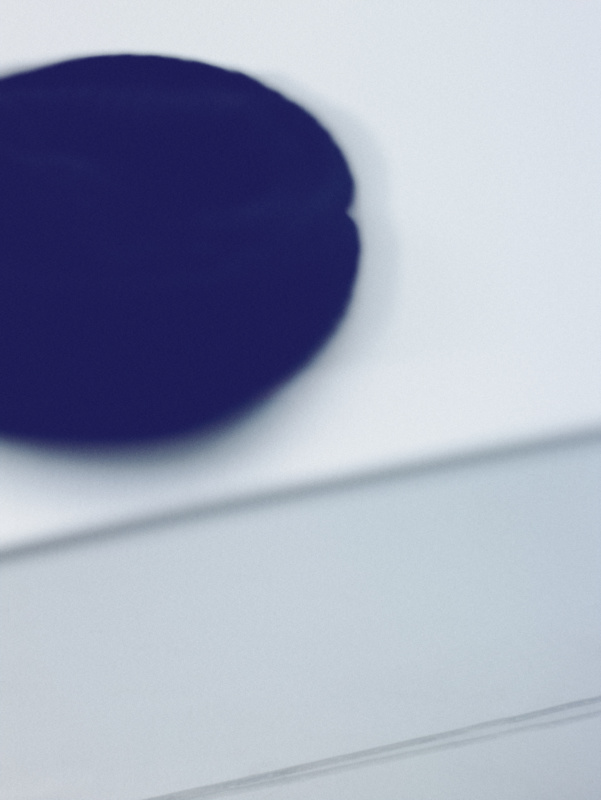
Appendix
Credits
NAVIGATION
( F ) for fullscreen
← → for slide navigation
↑ ↓ for entry navigation
Drag to adjust horizontal and vertical dividers for different sizes.